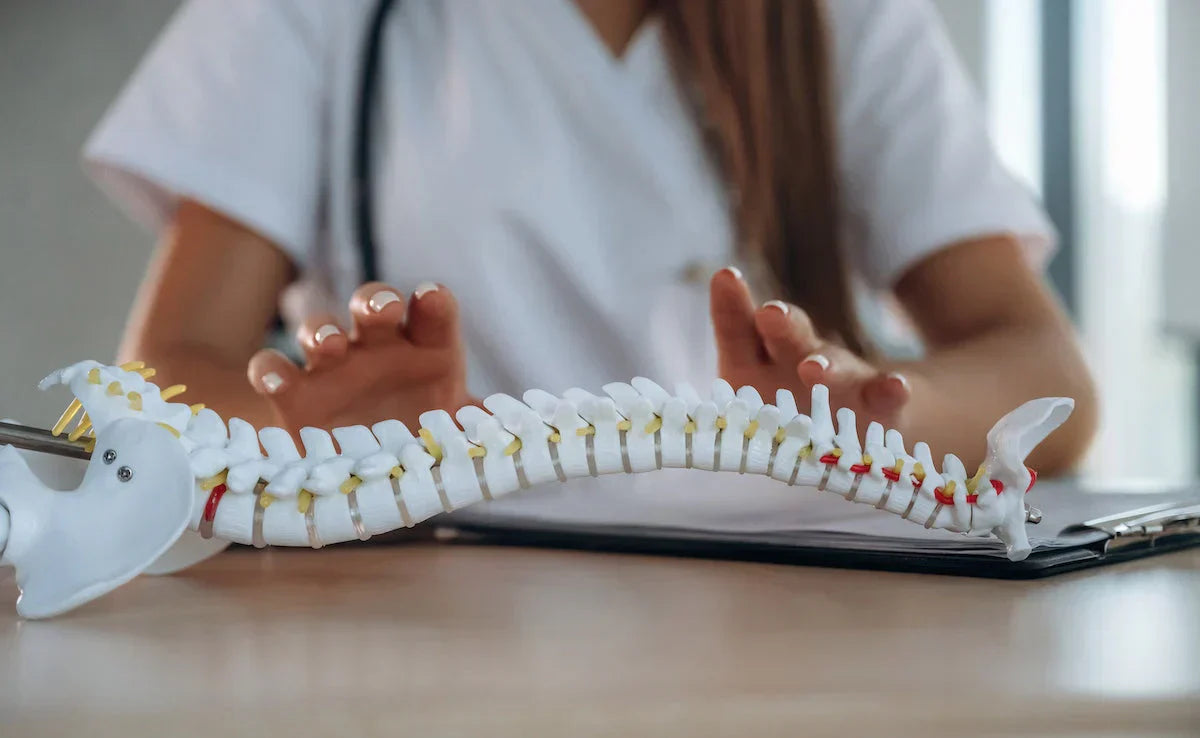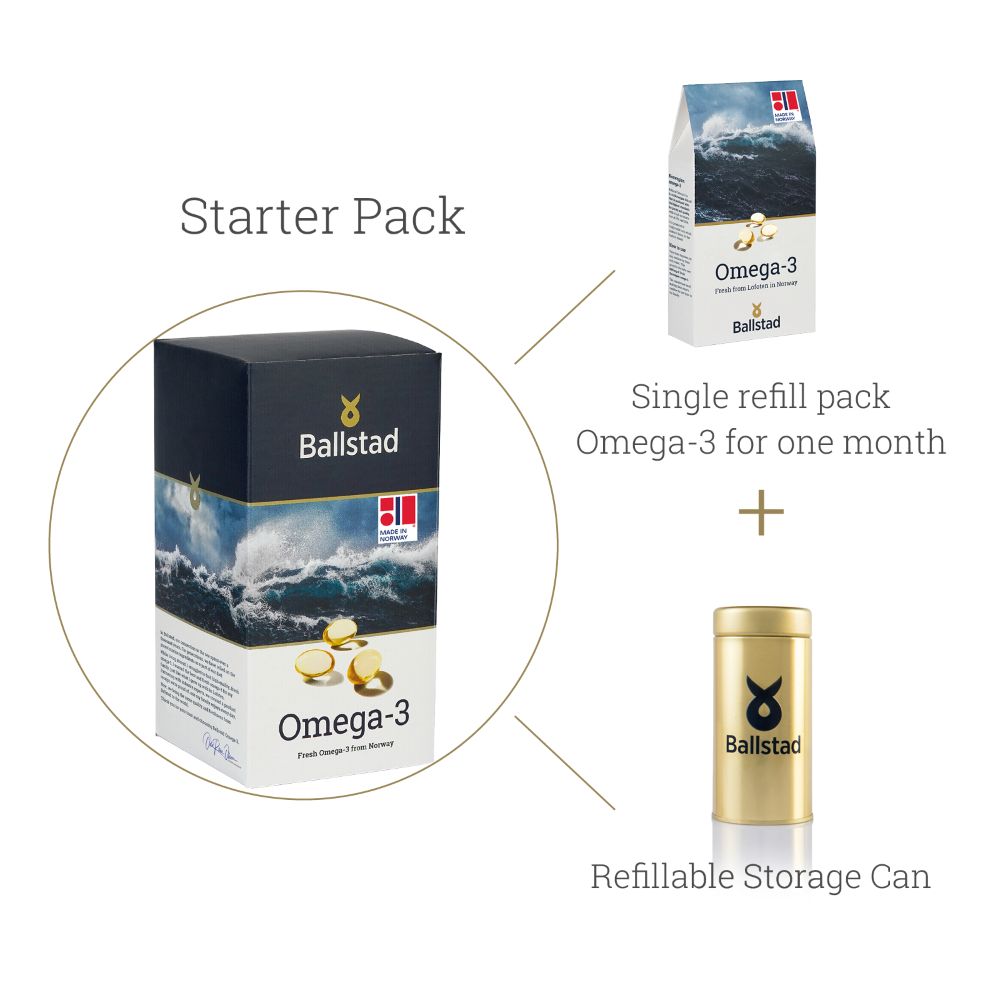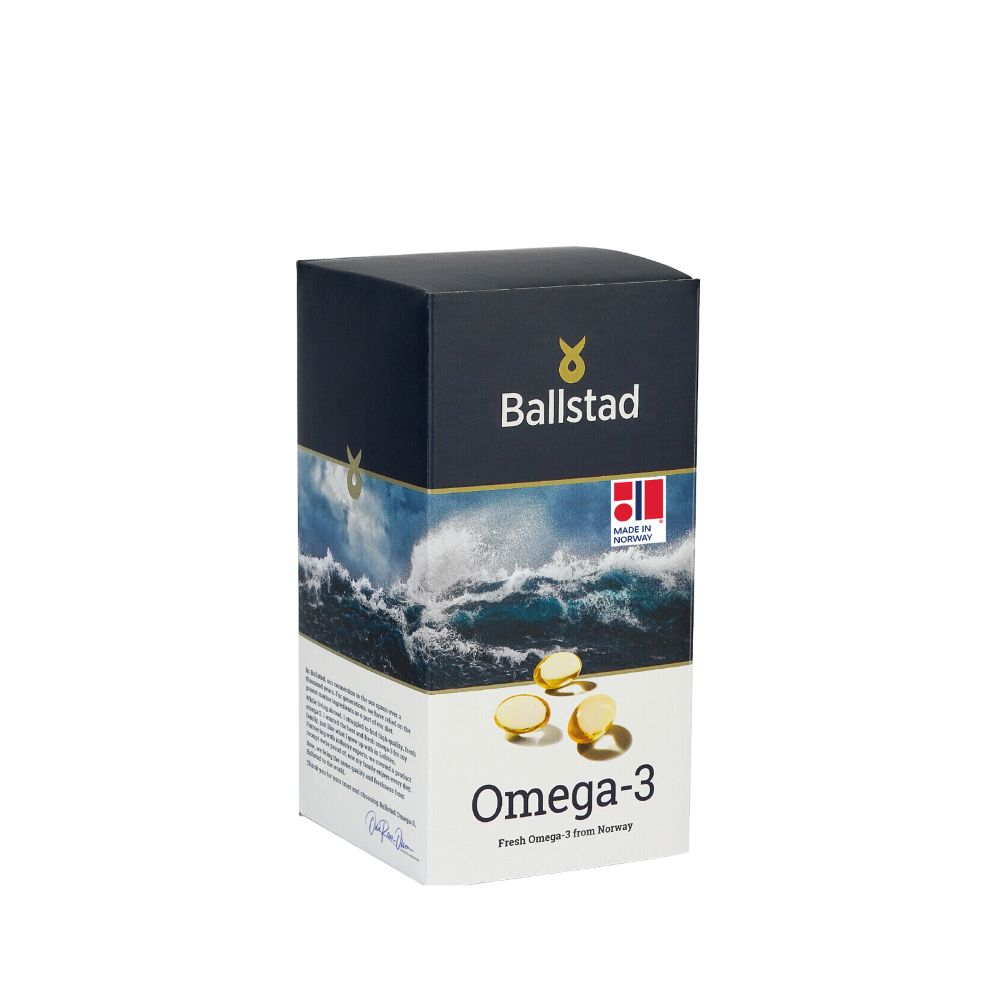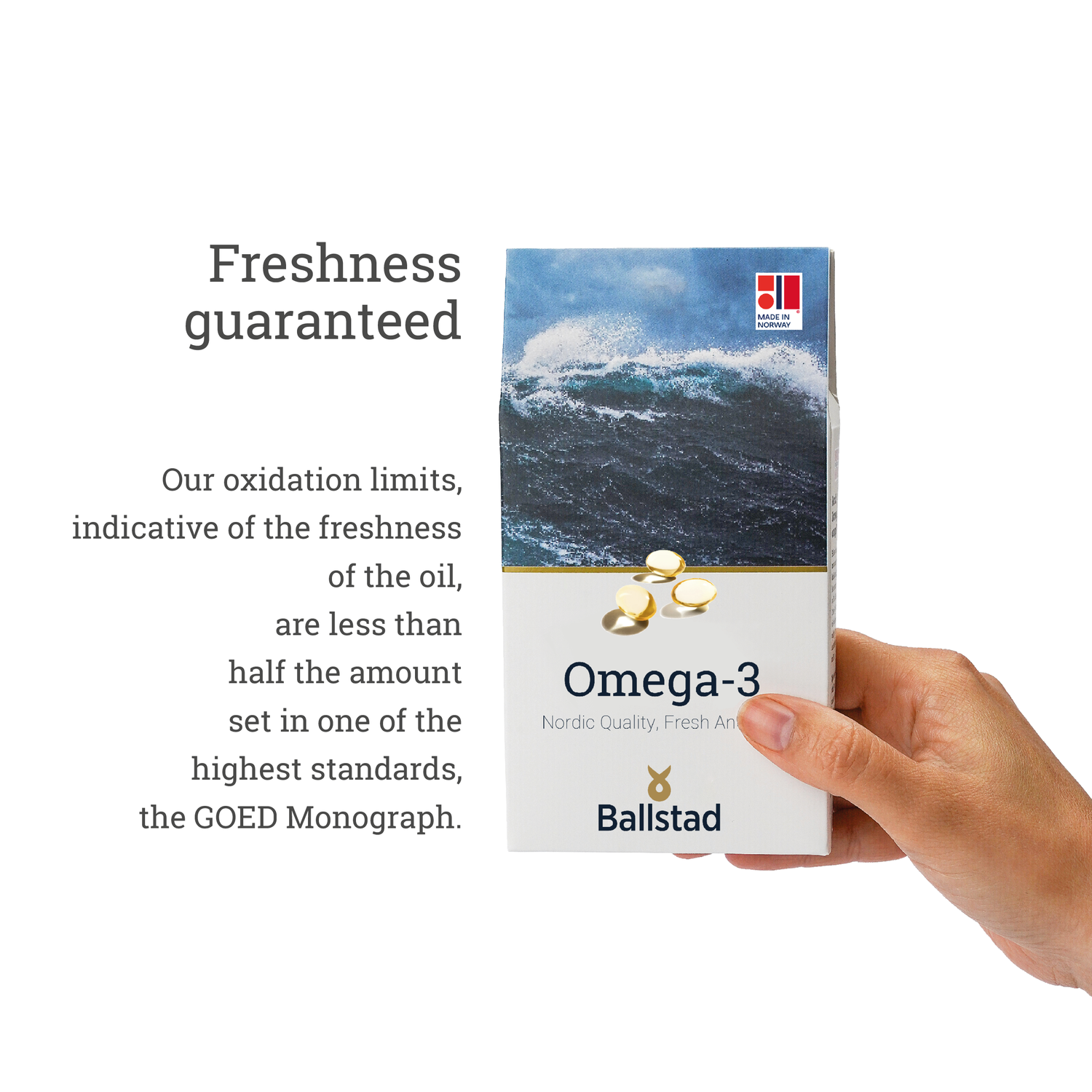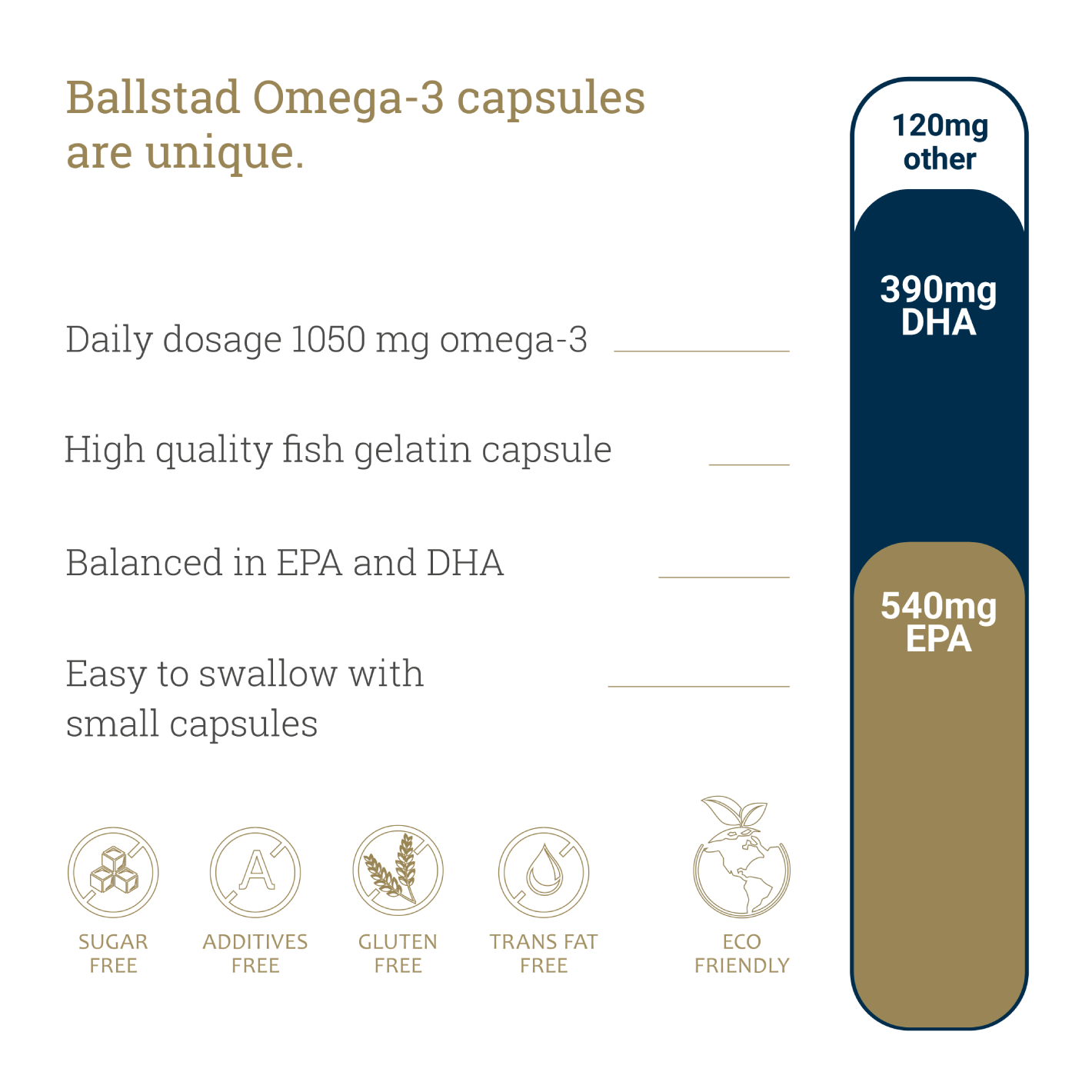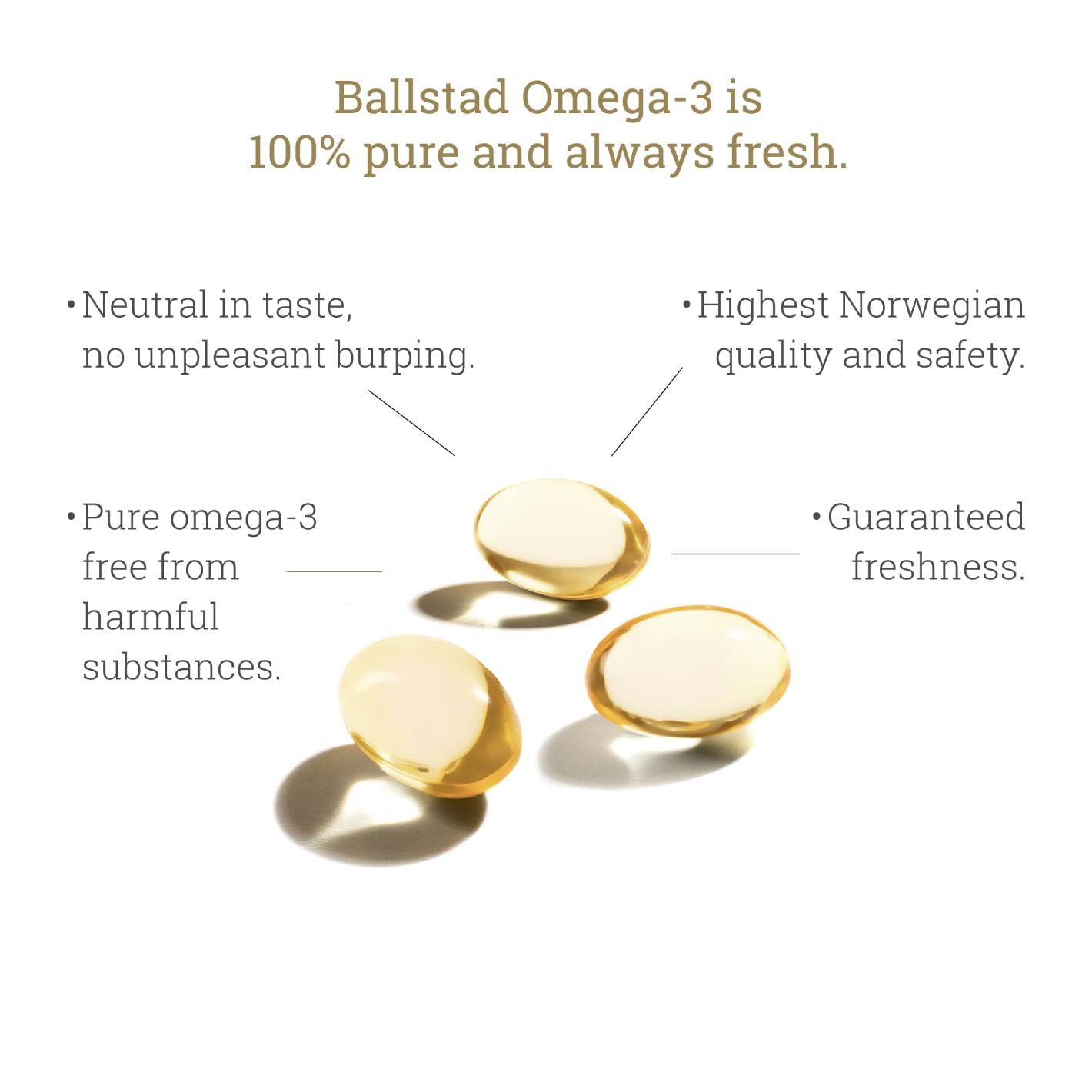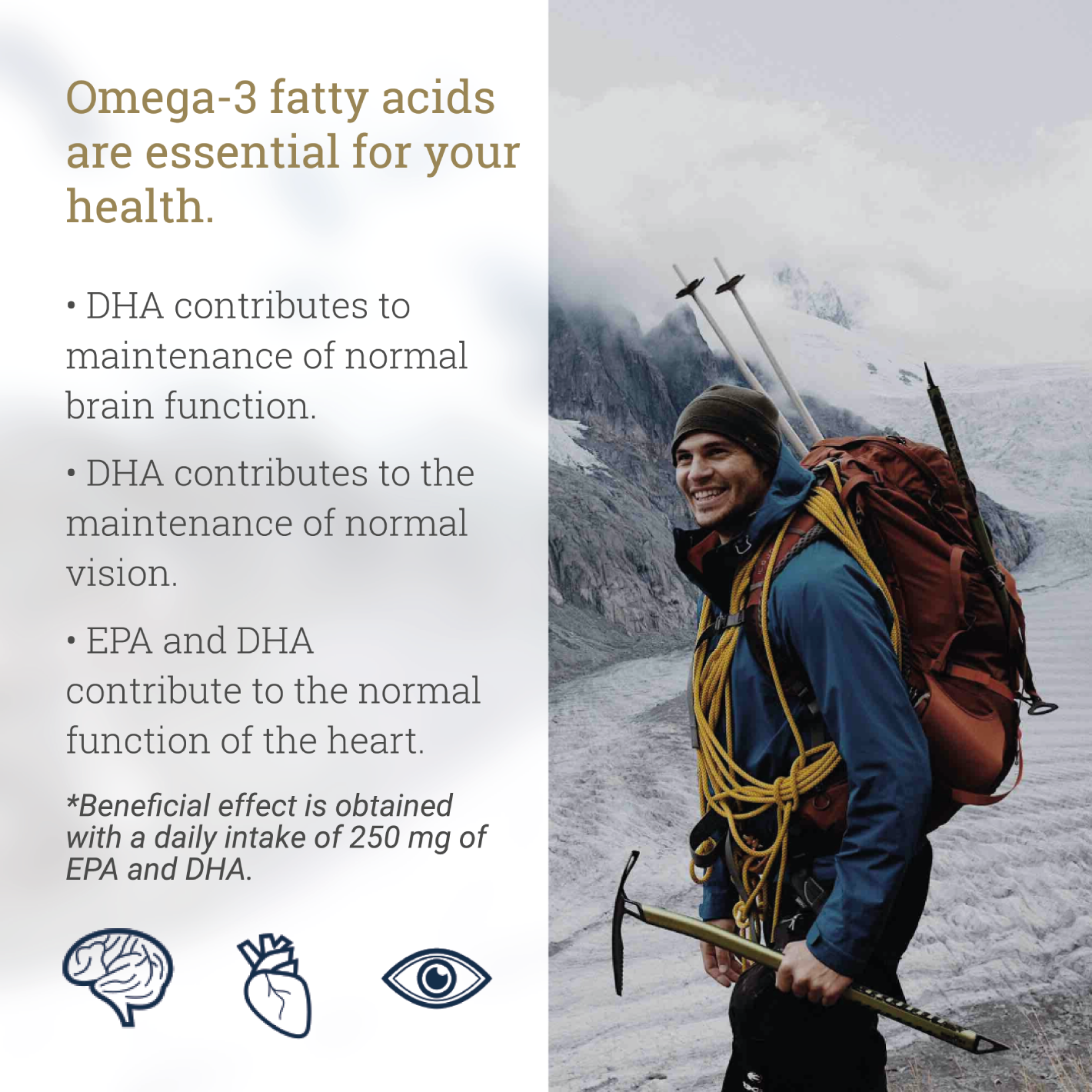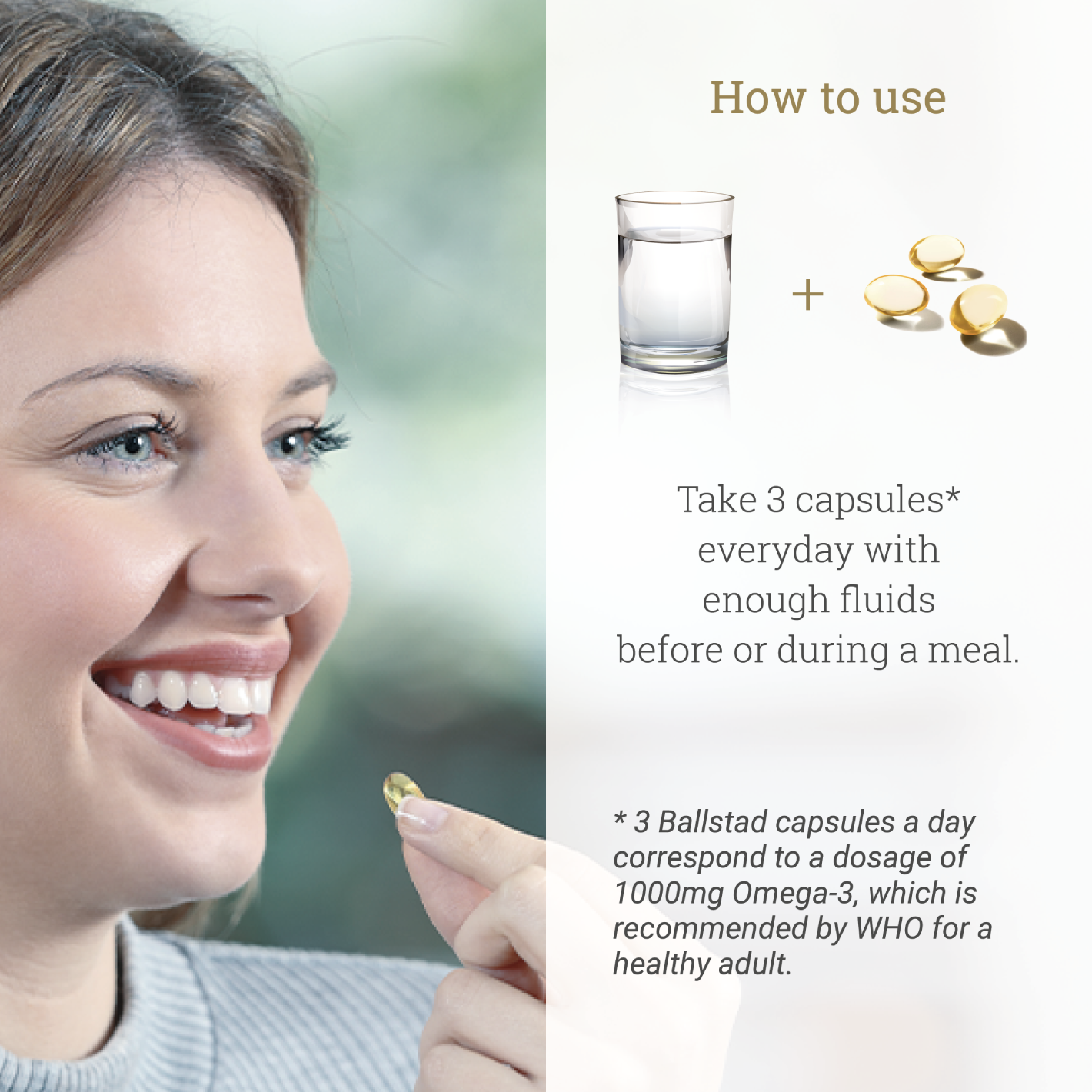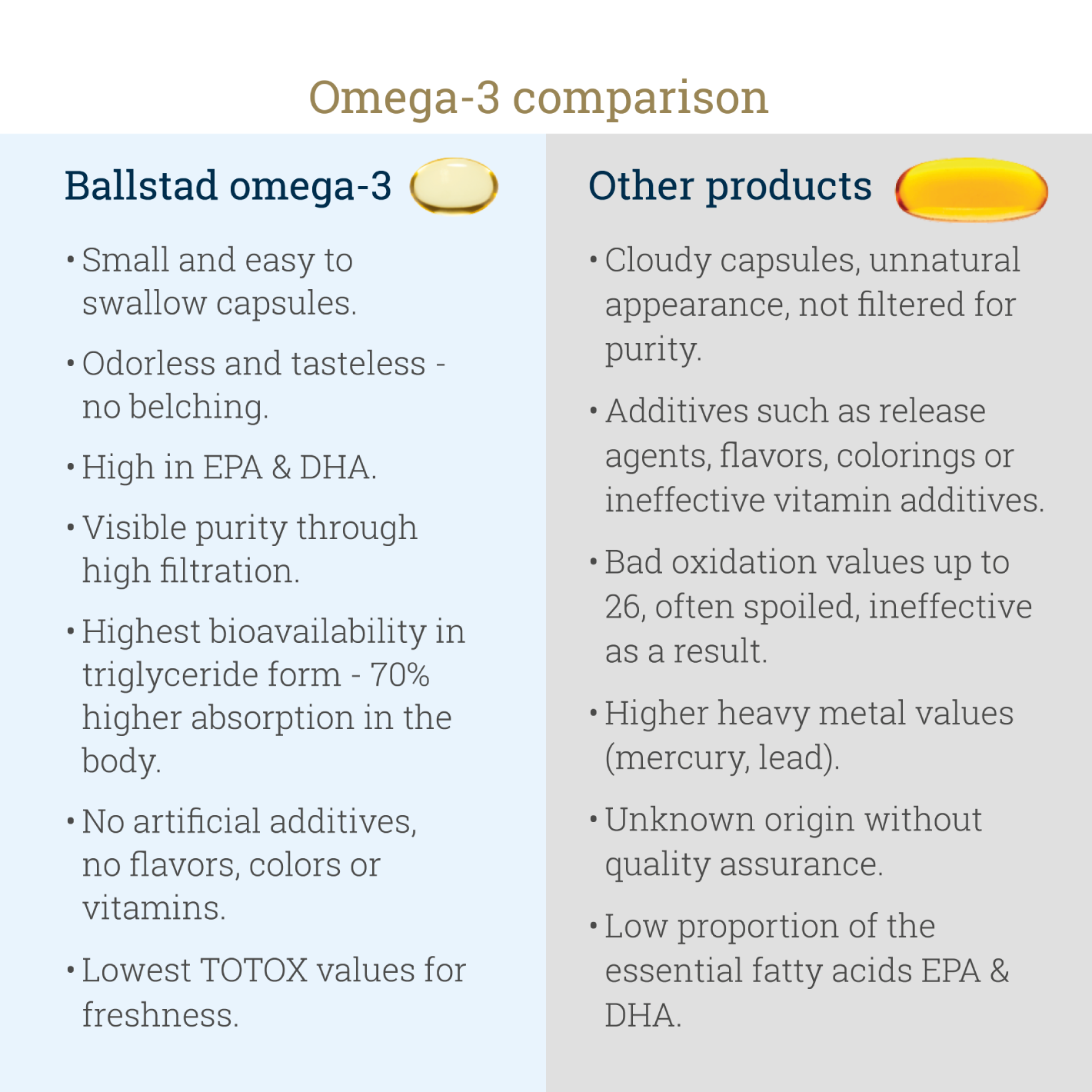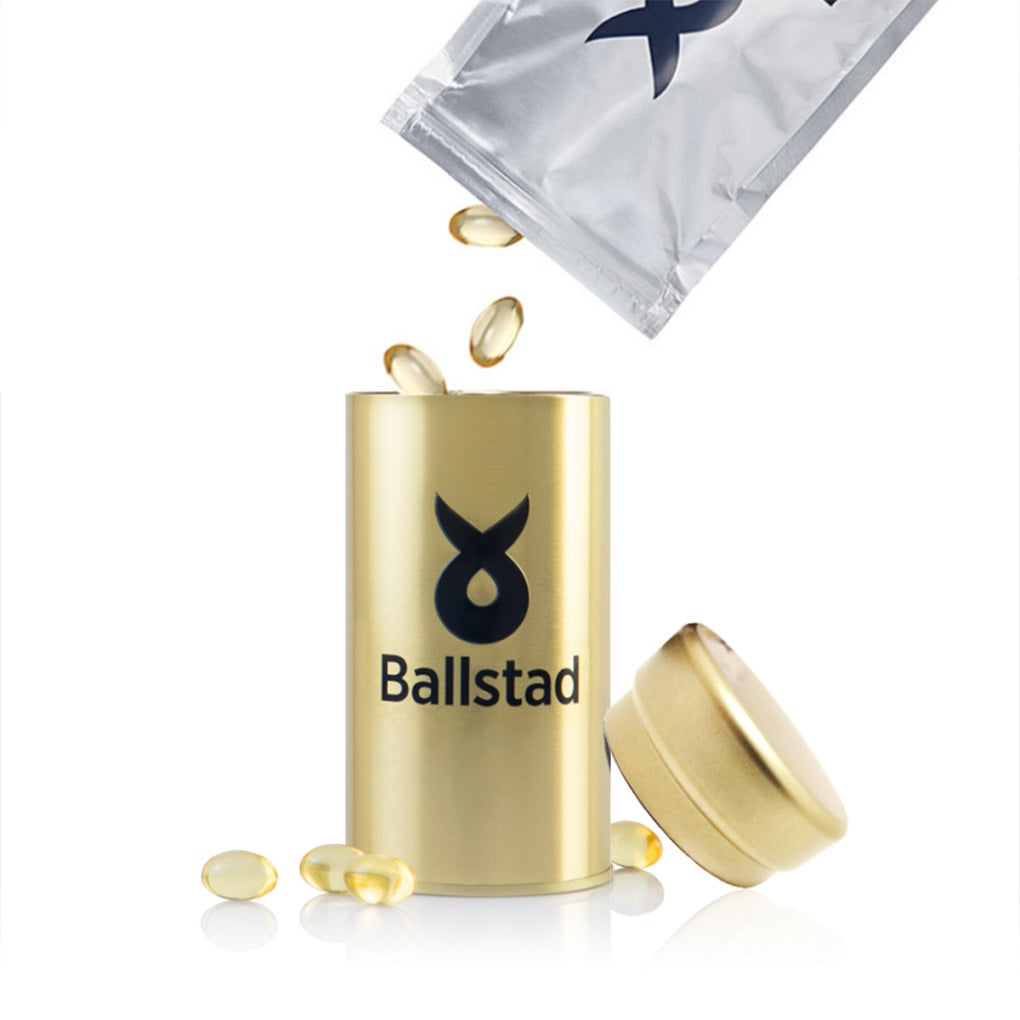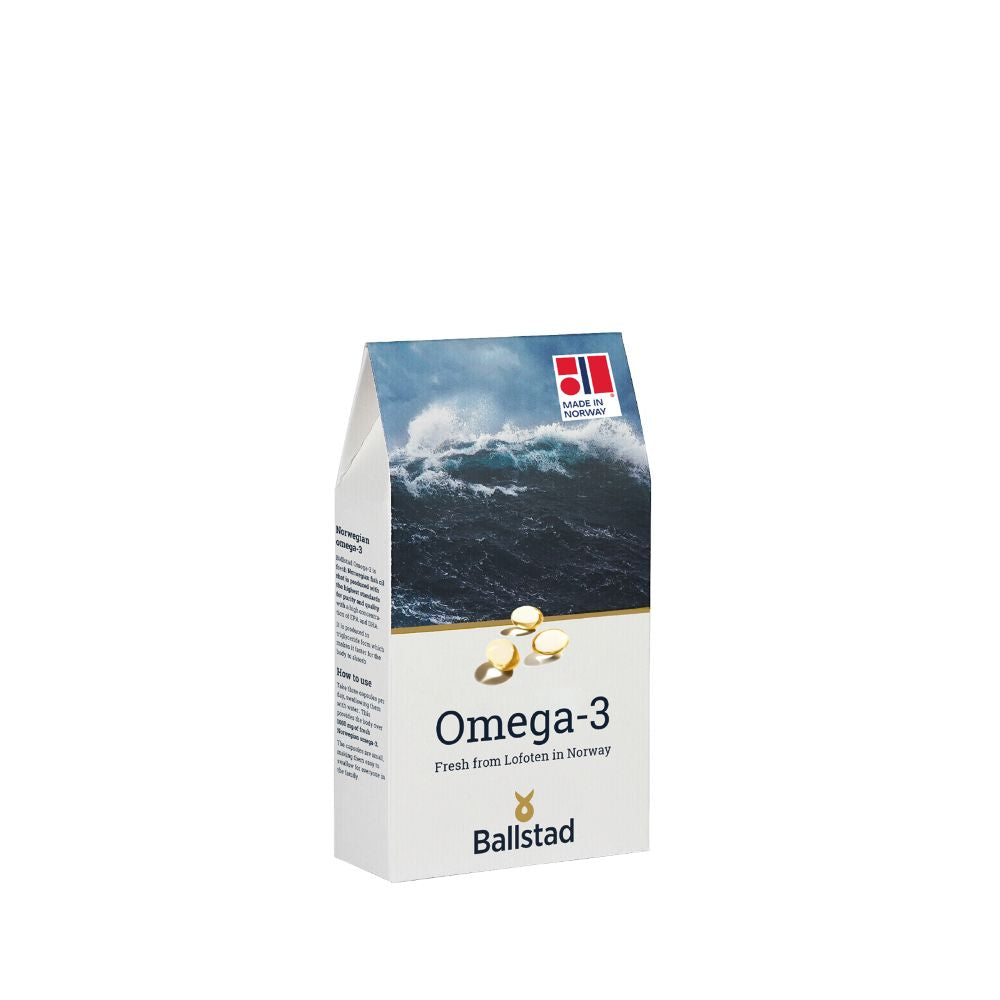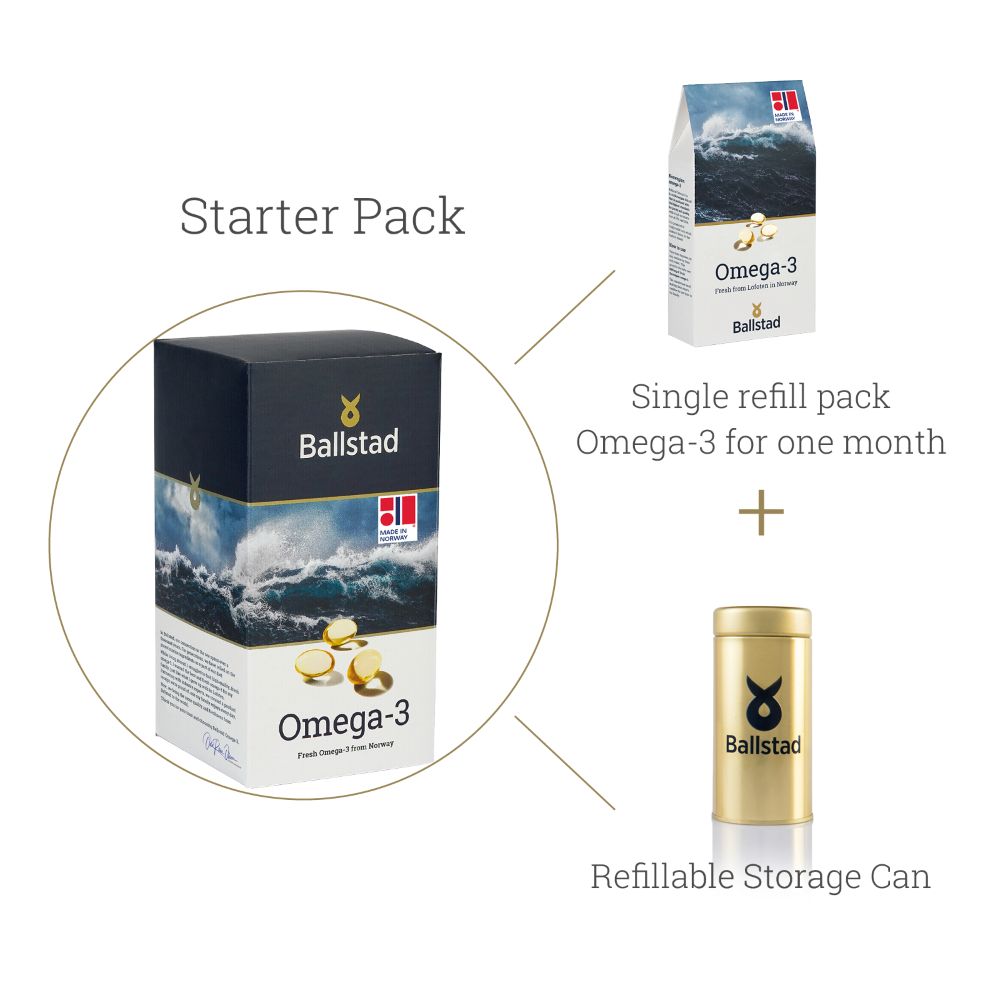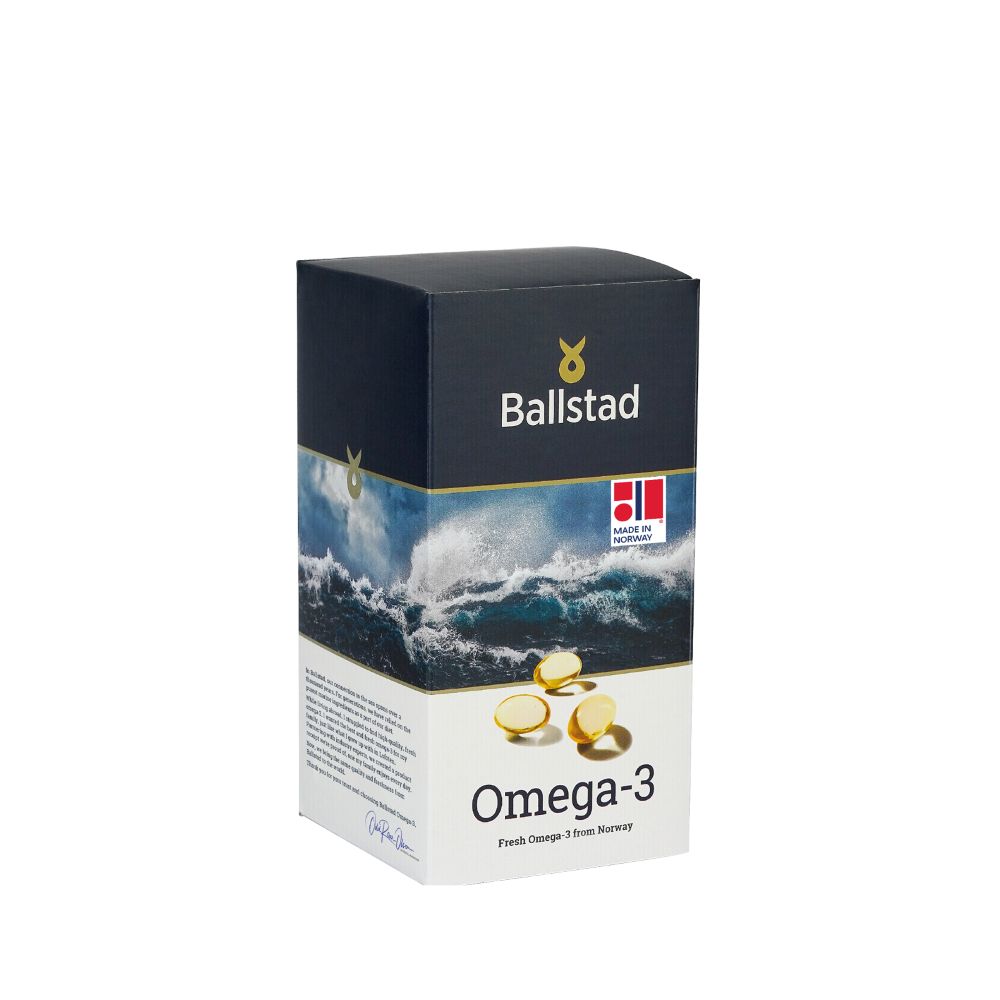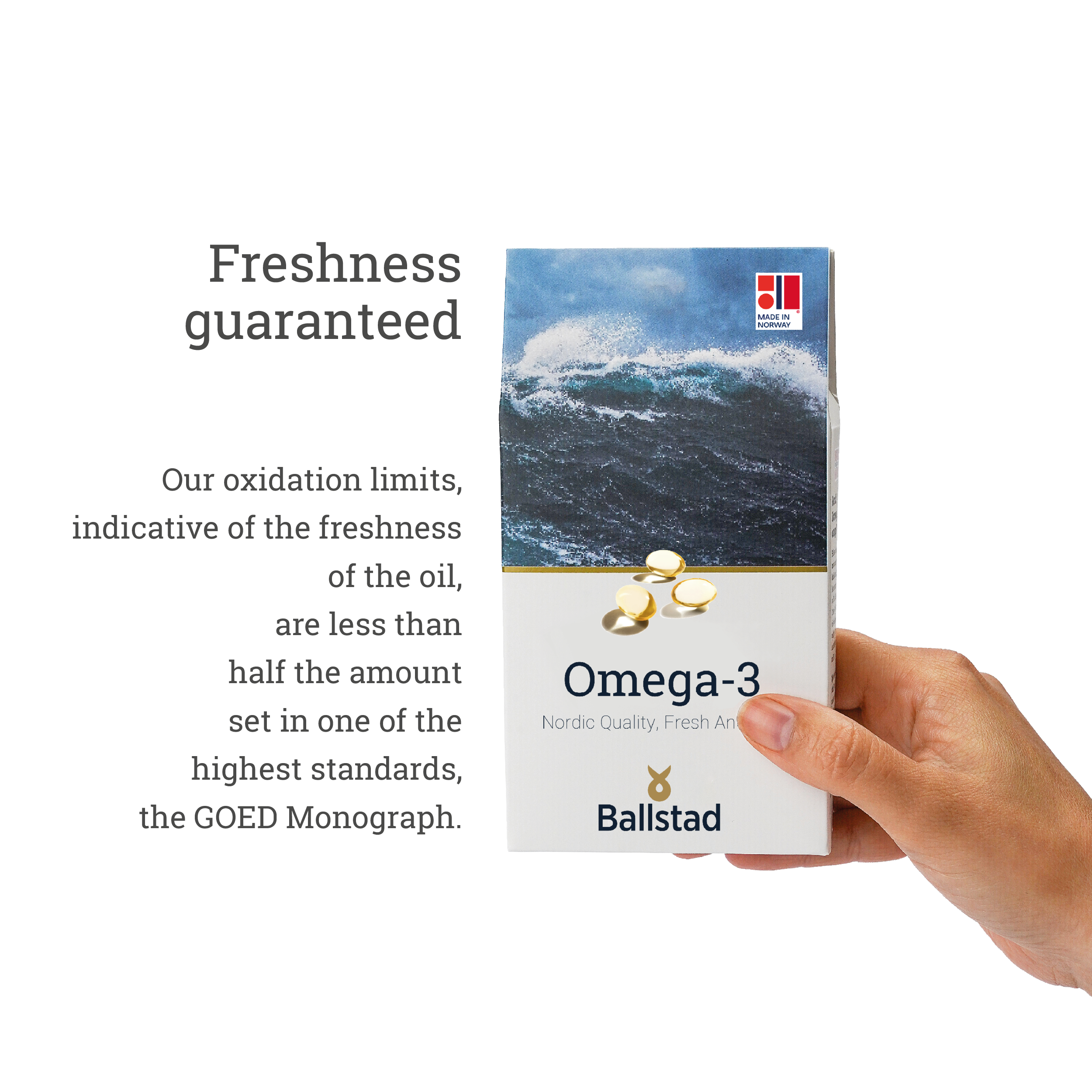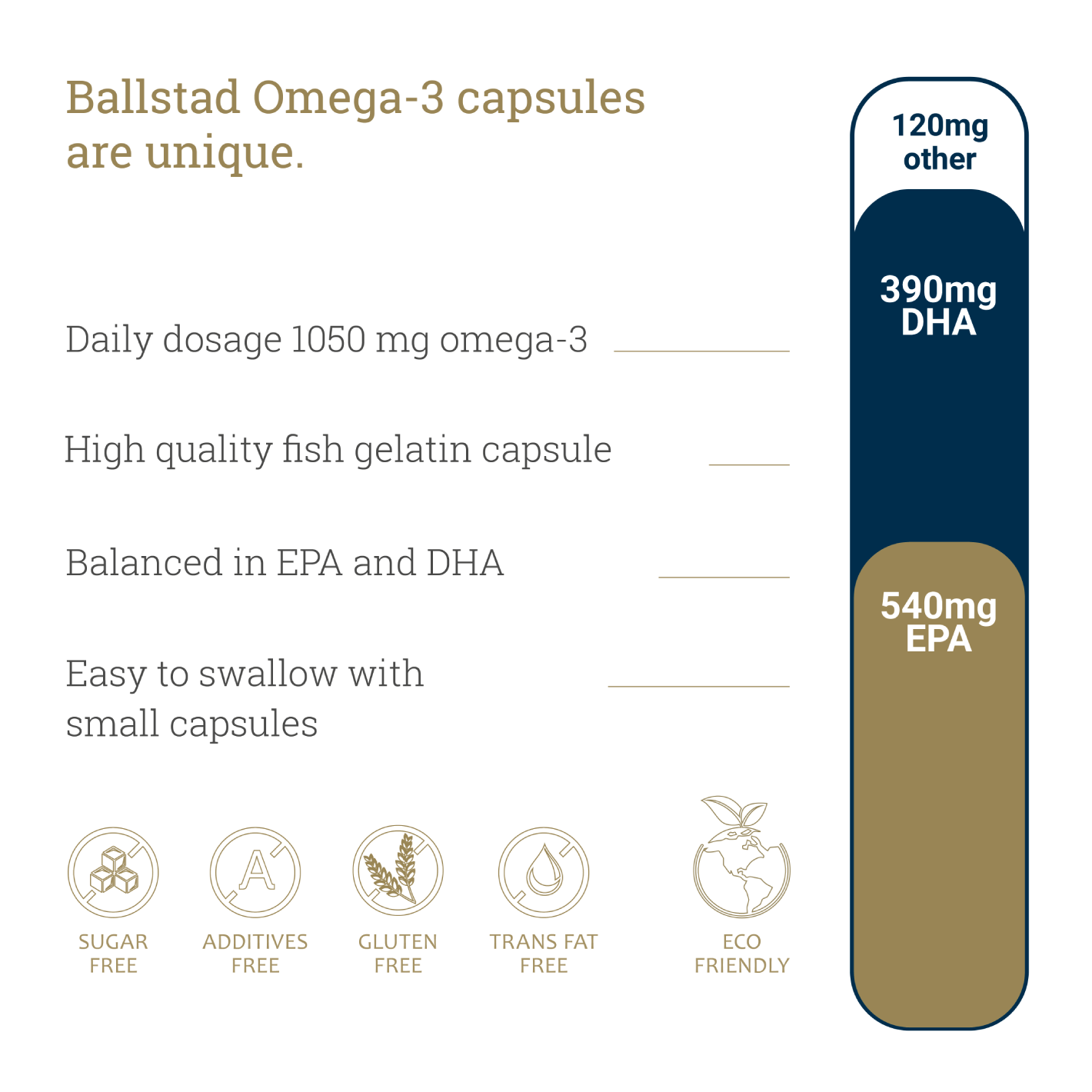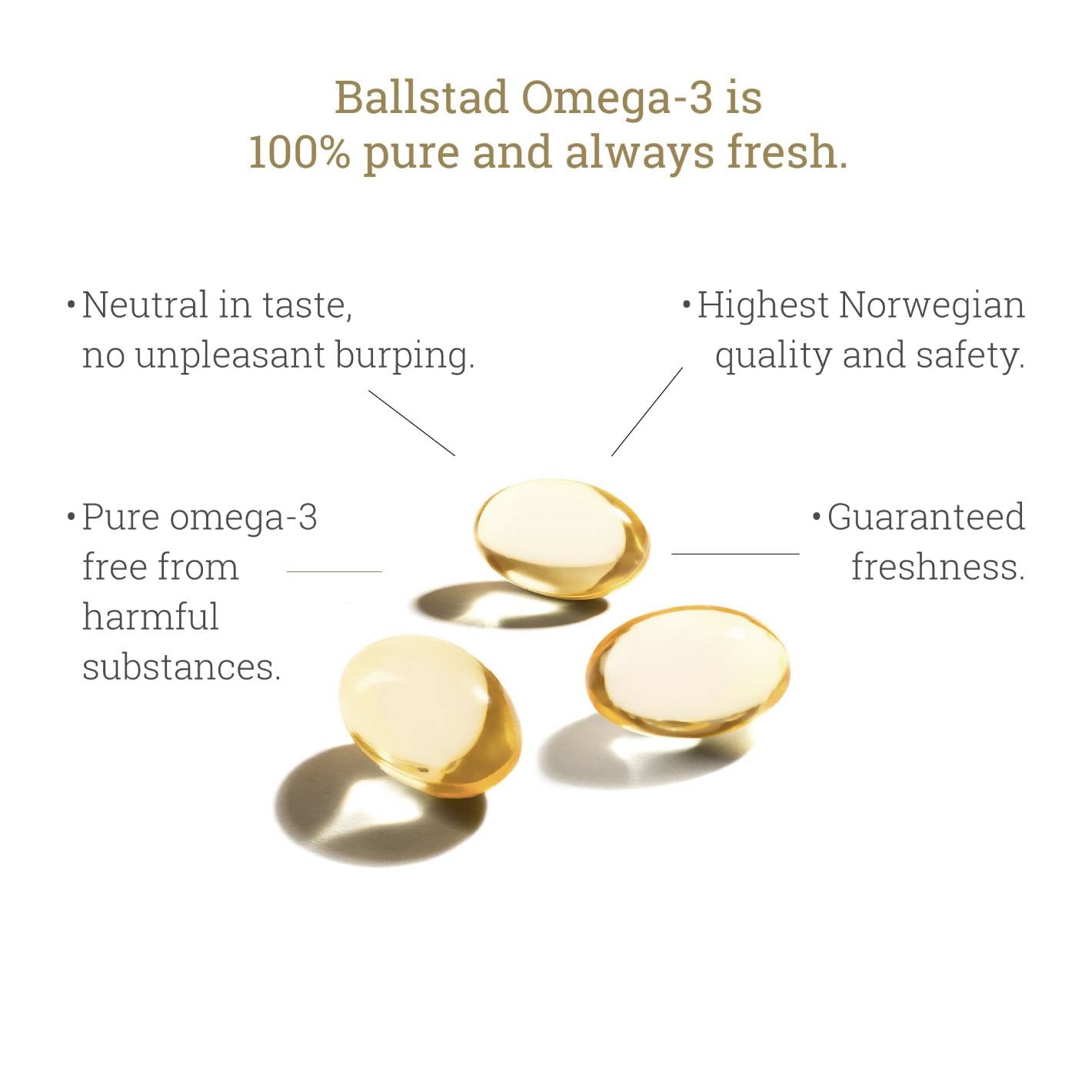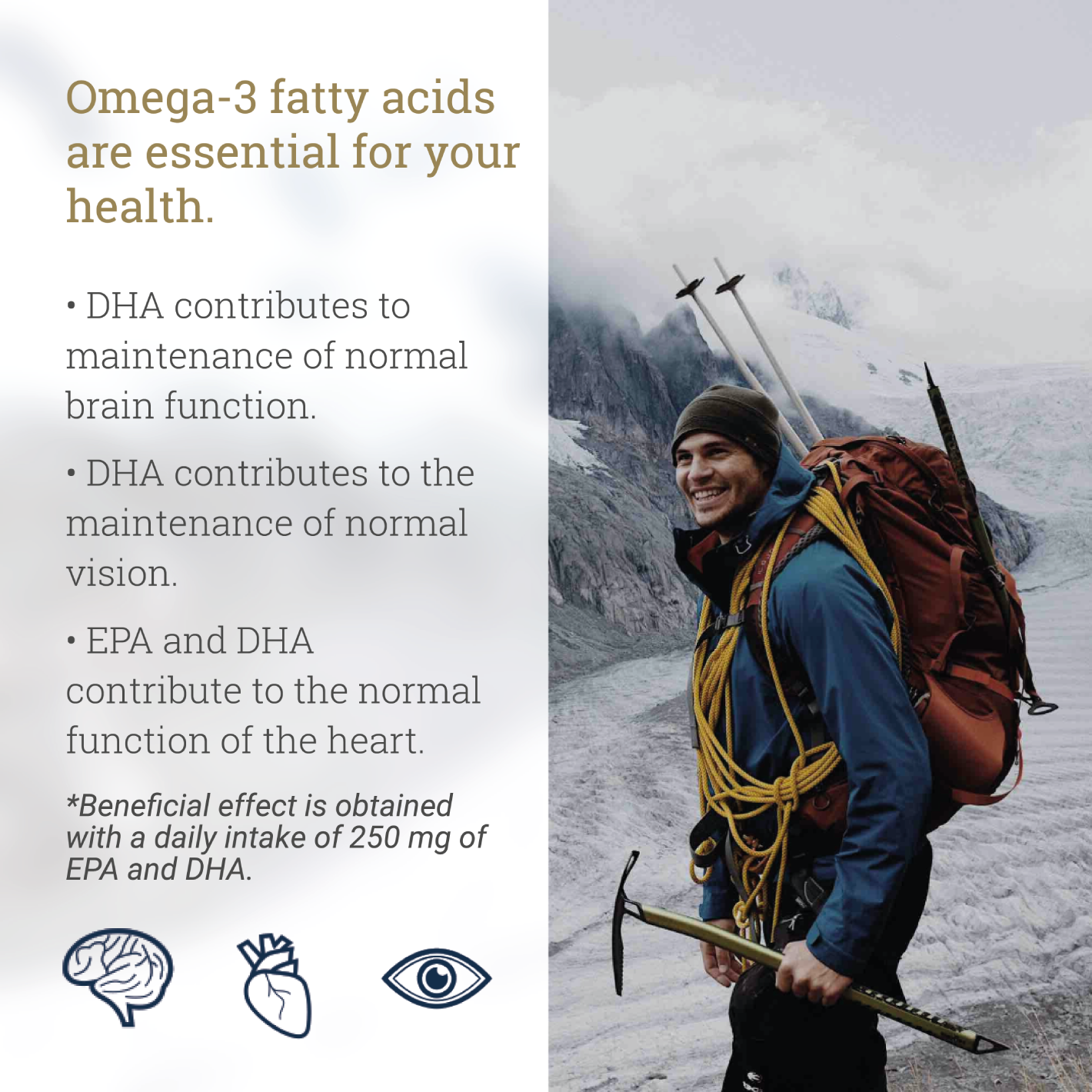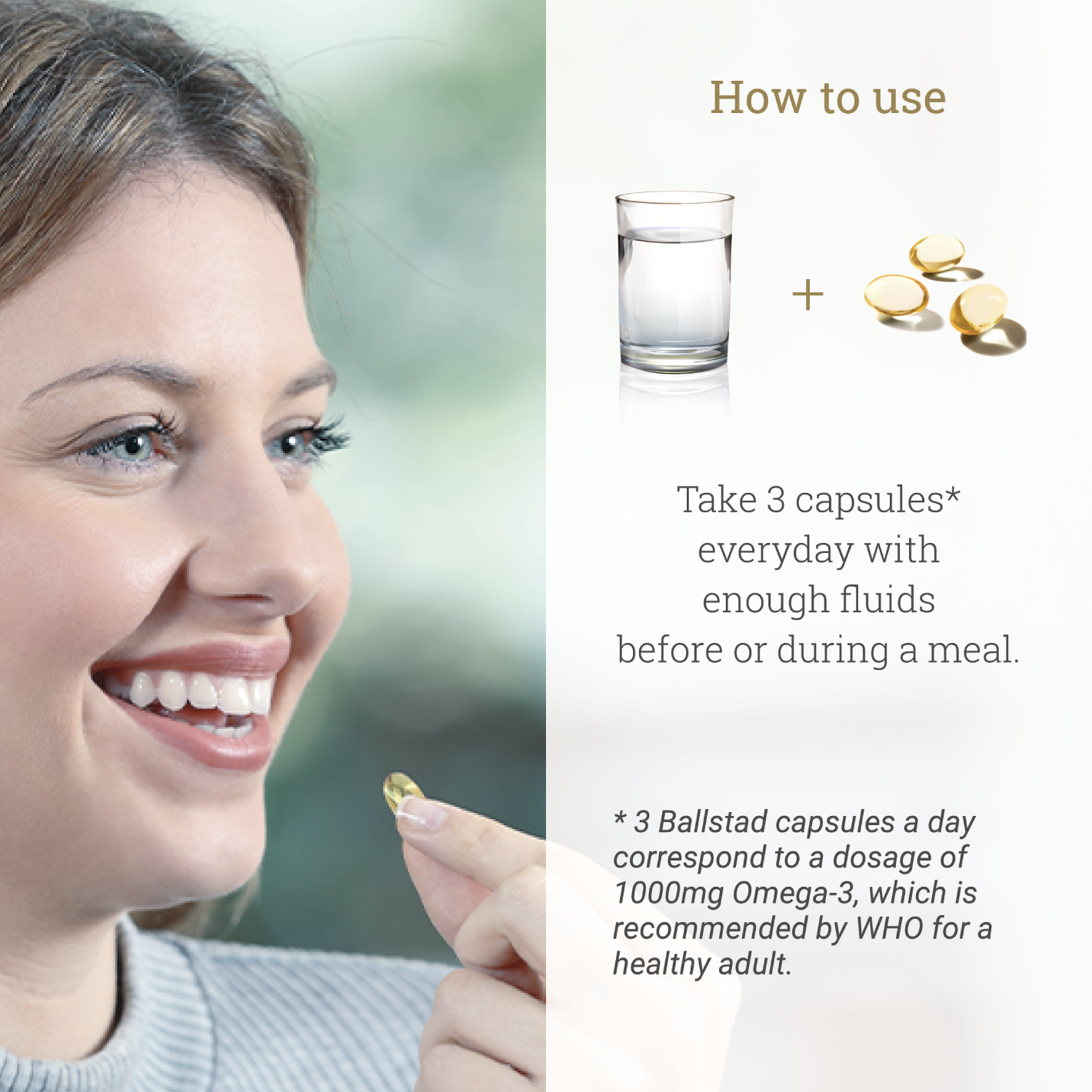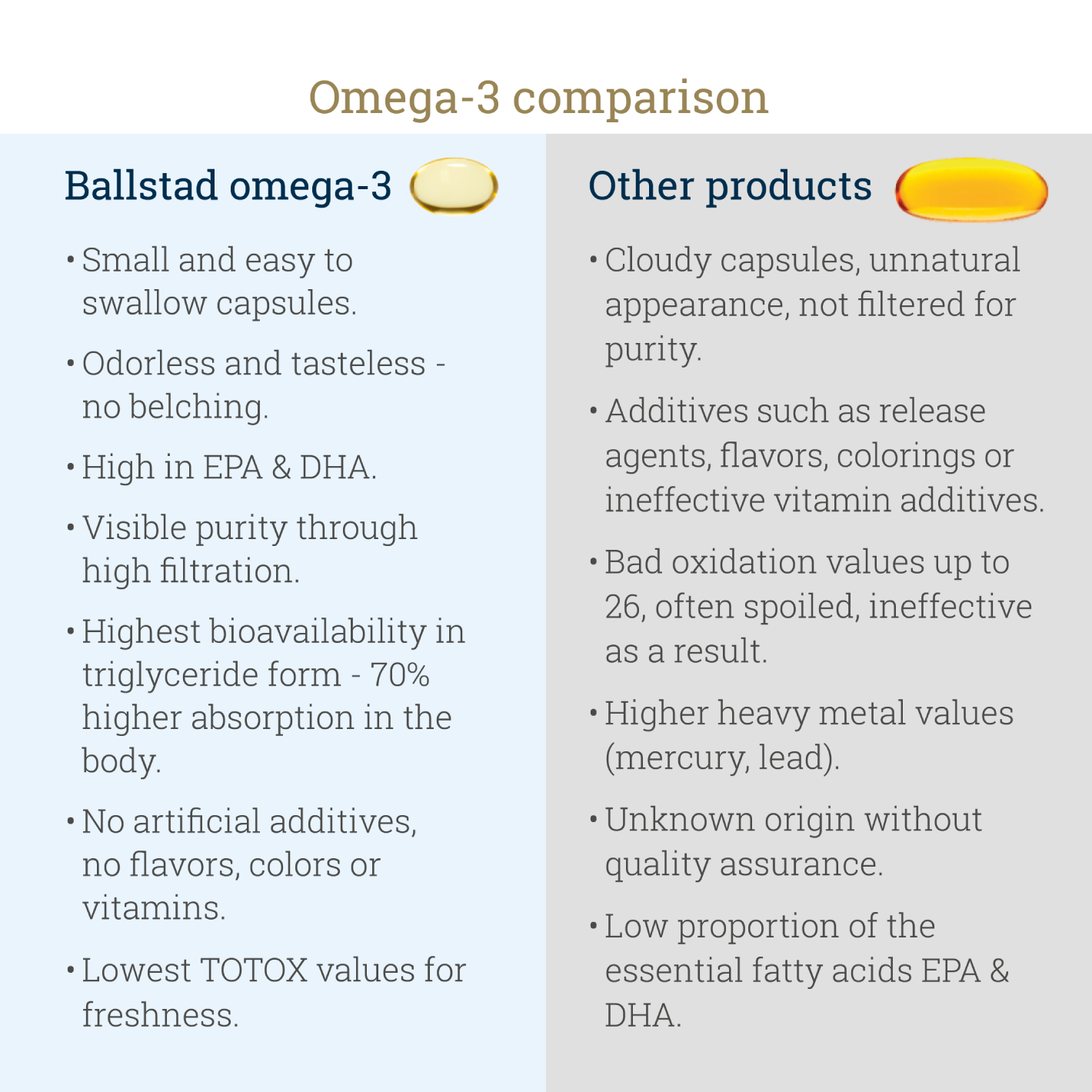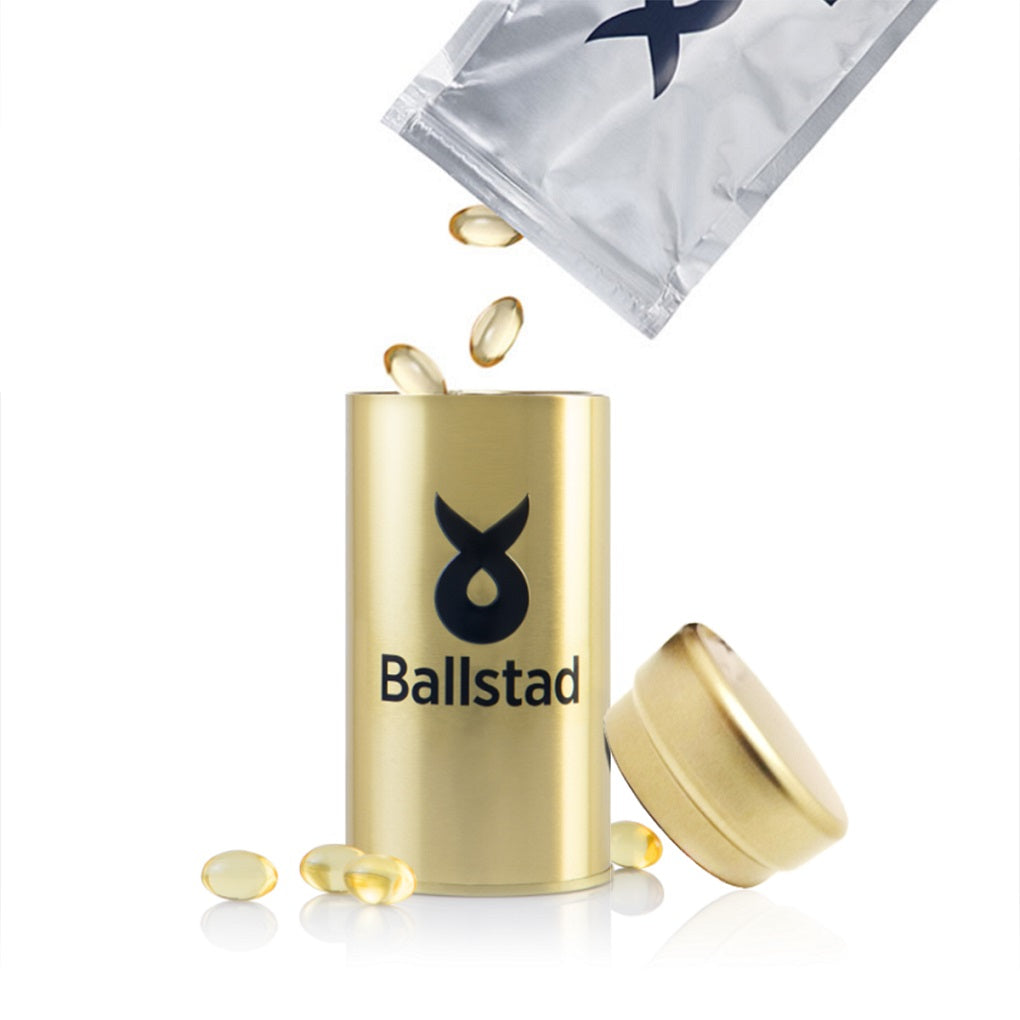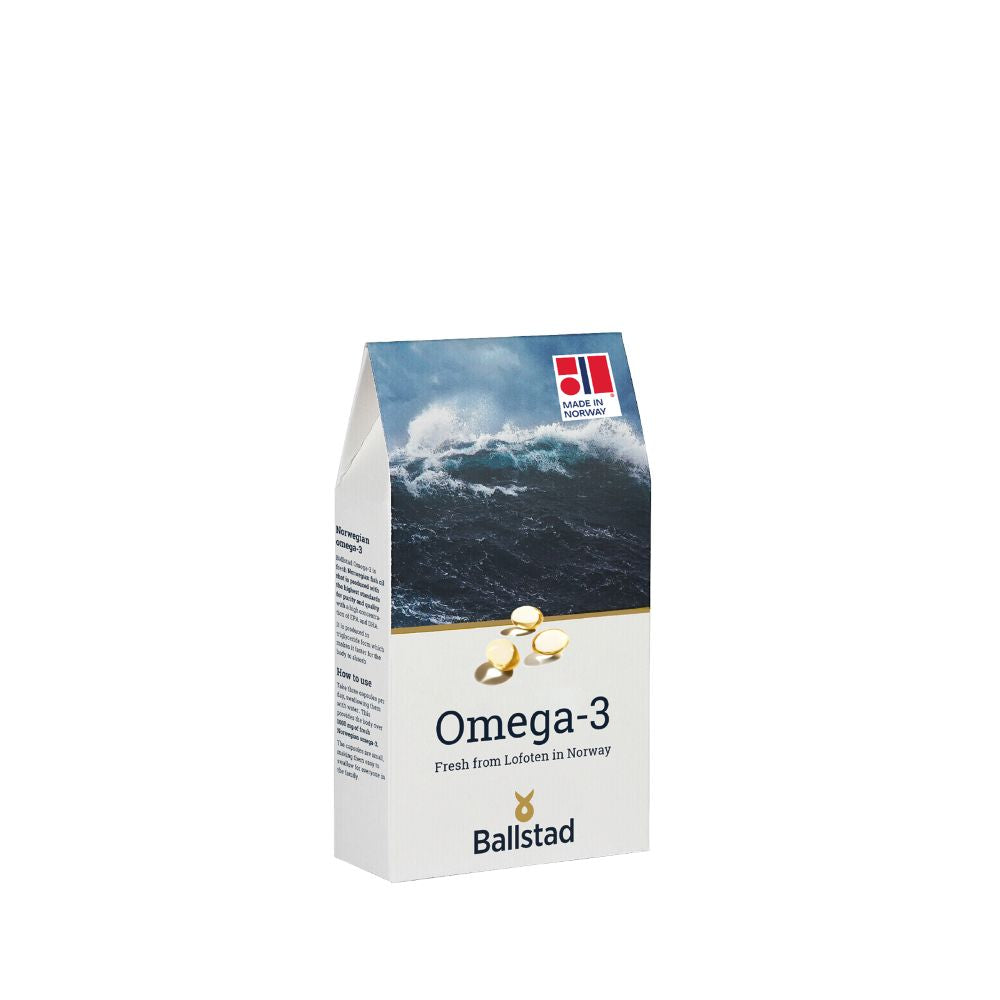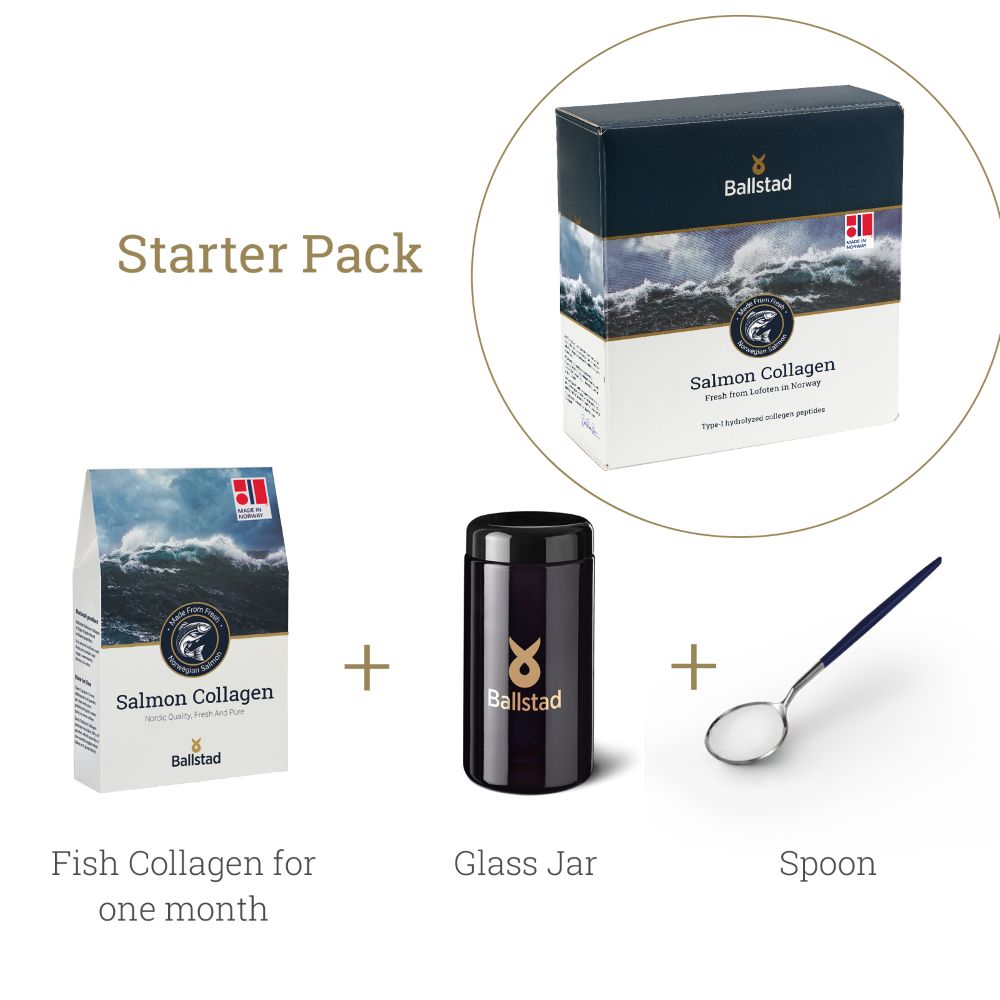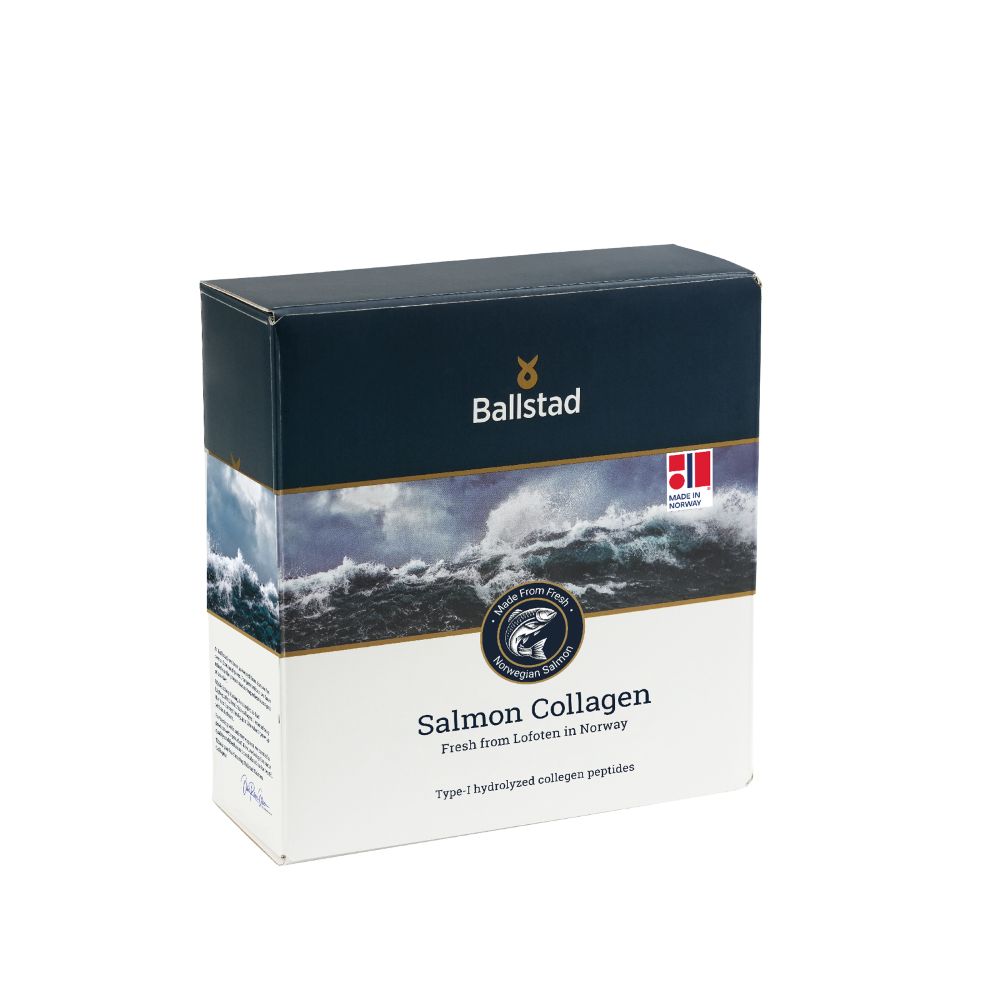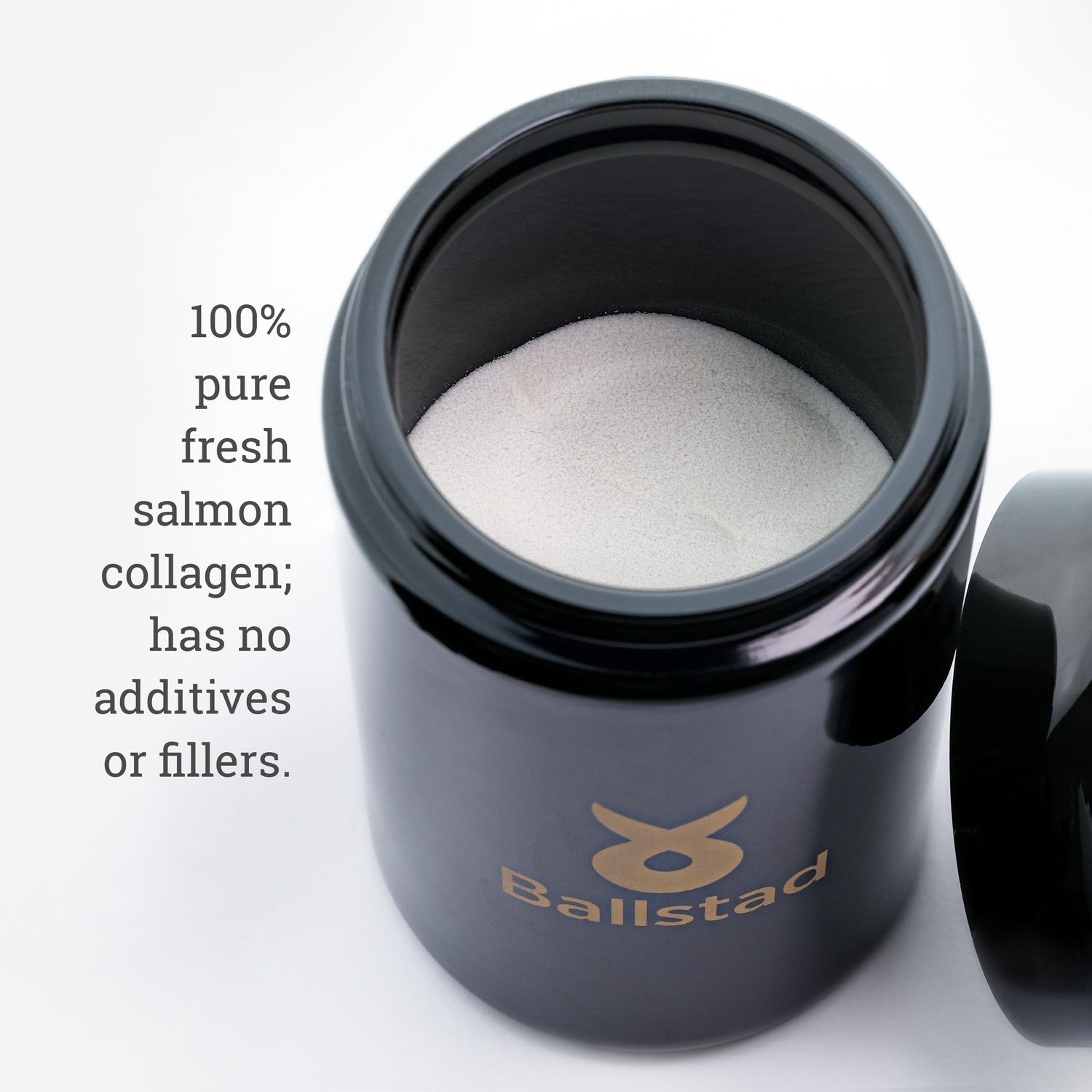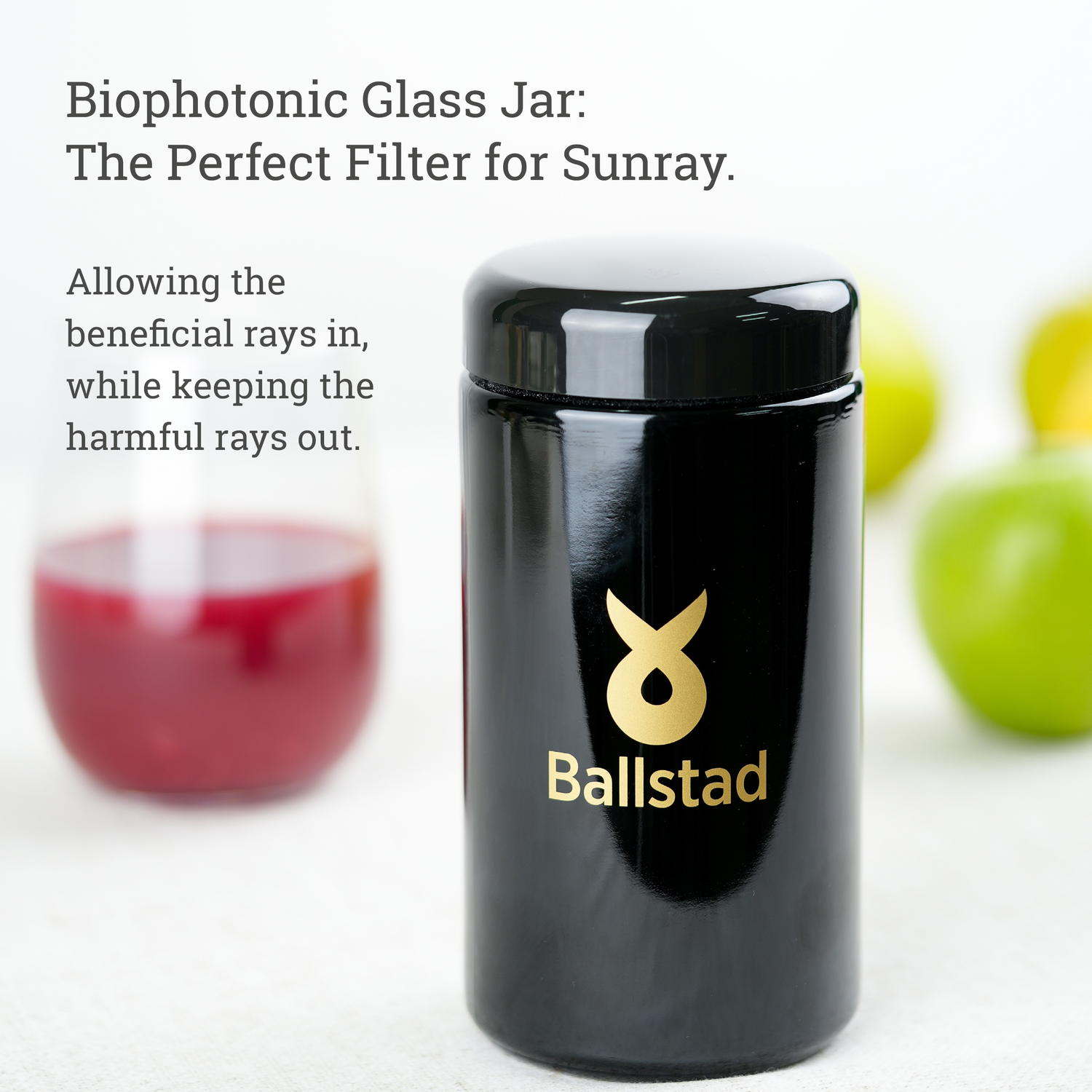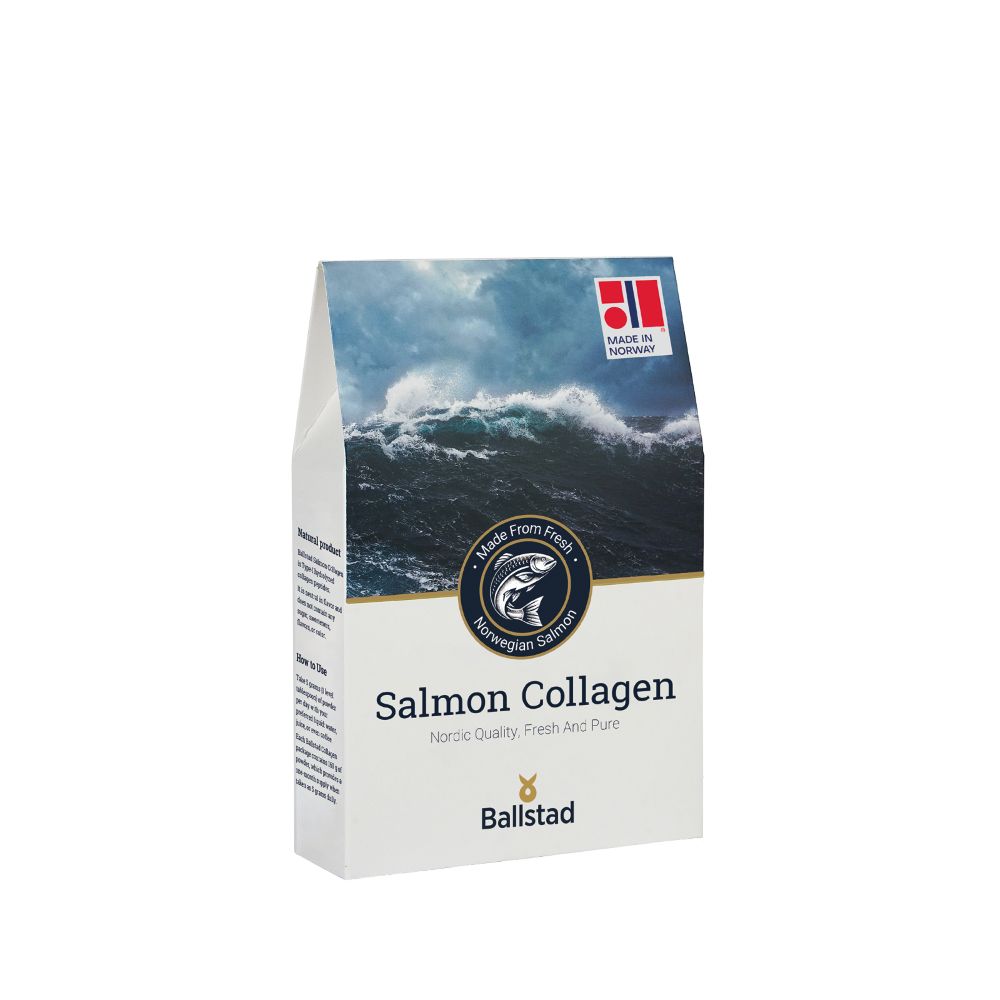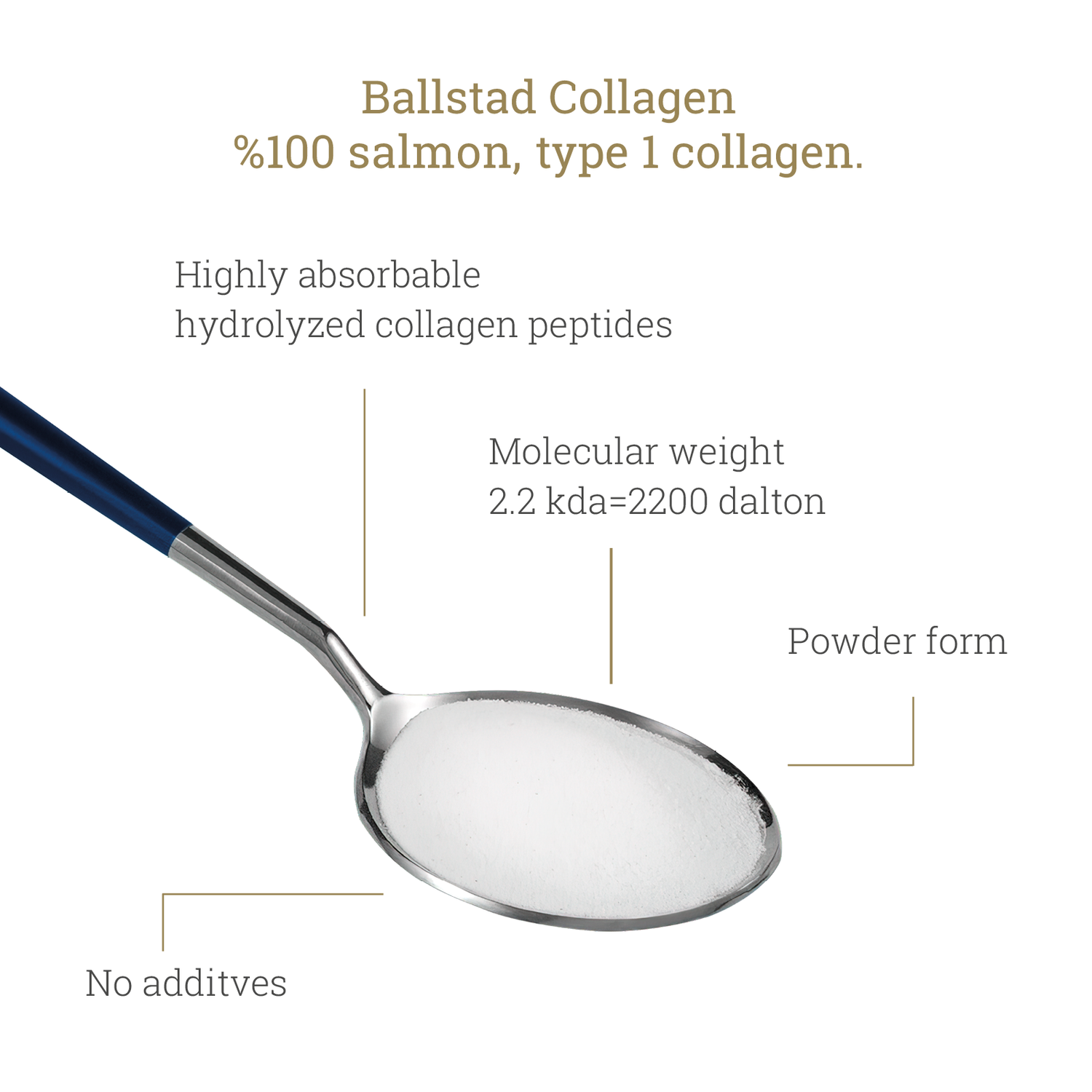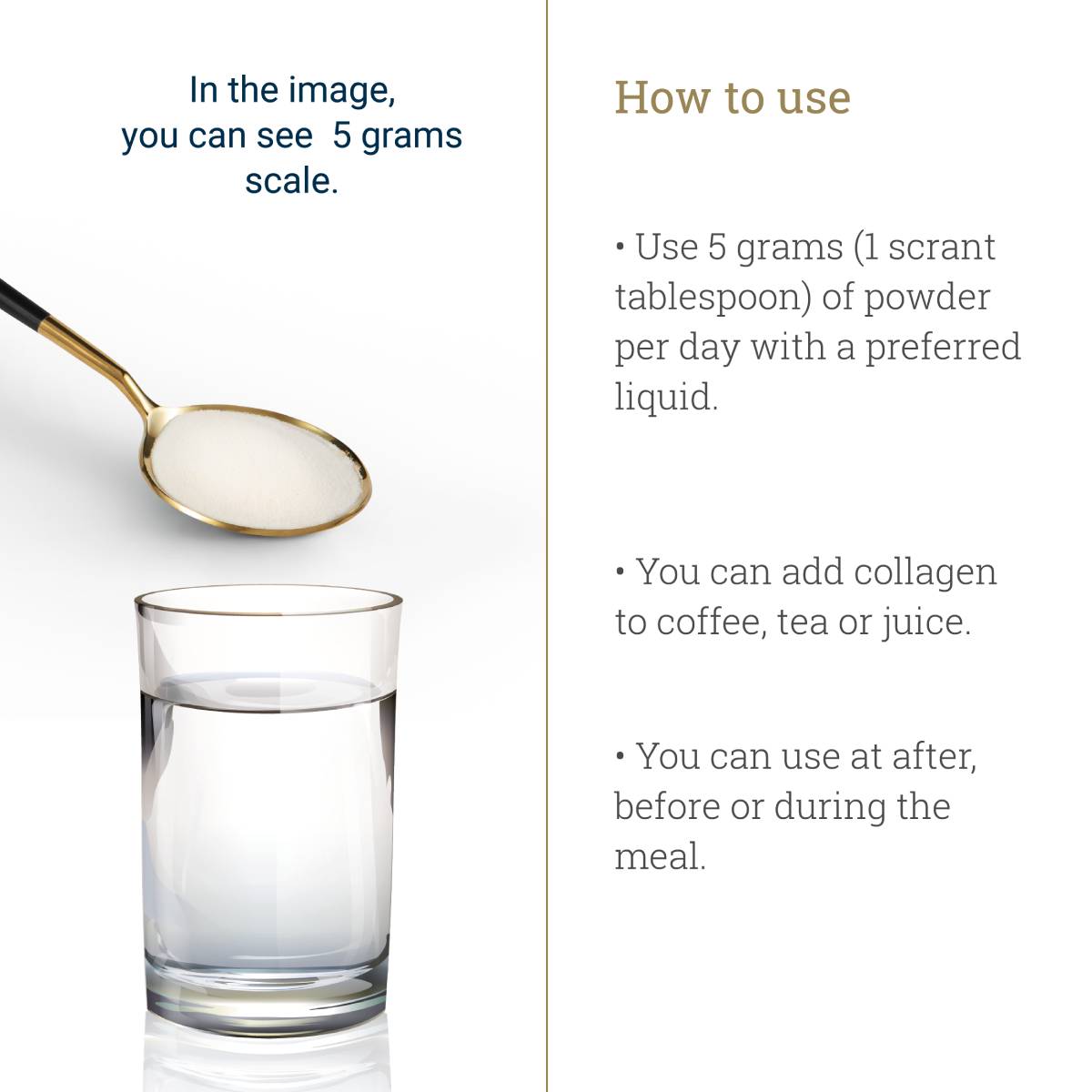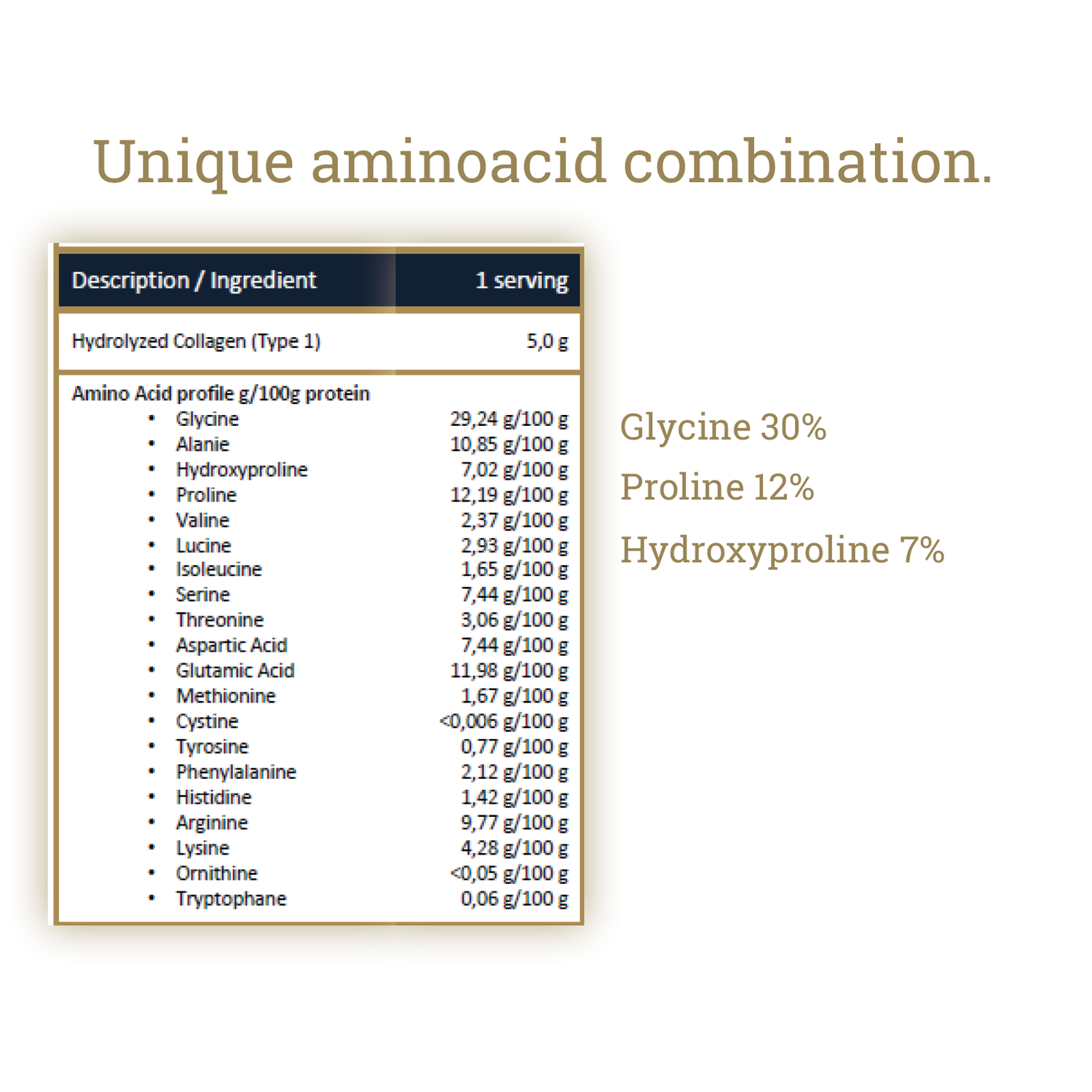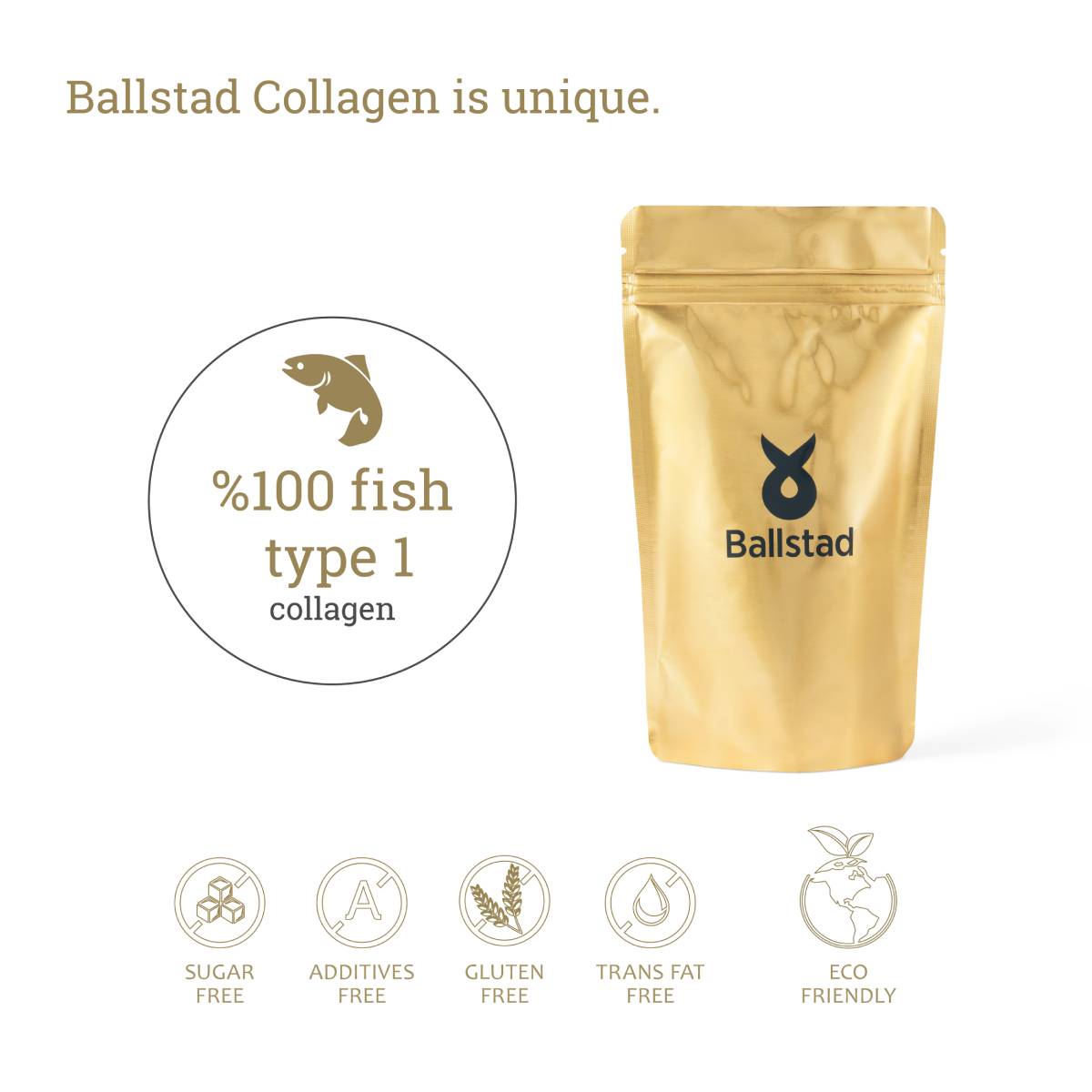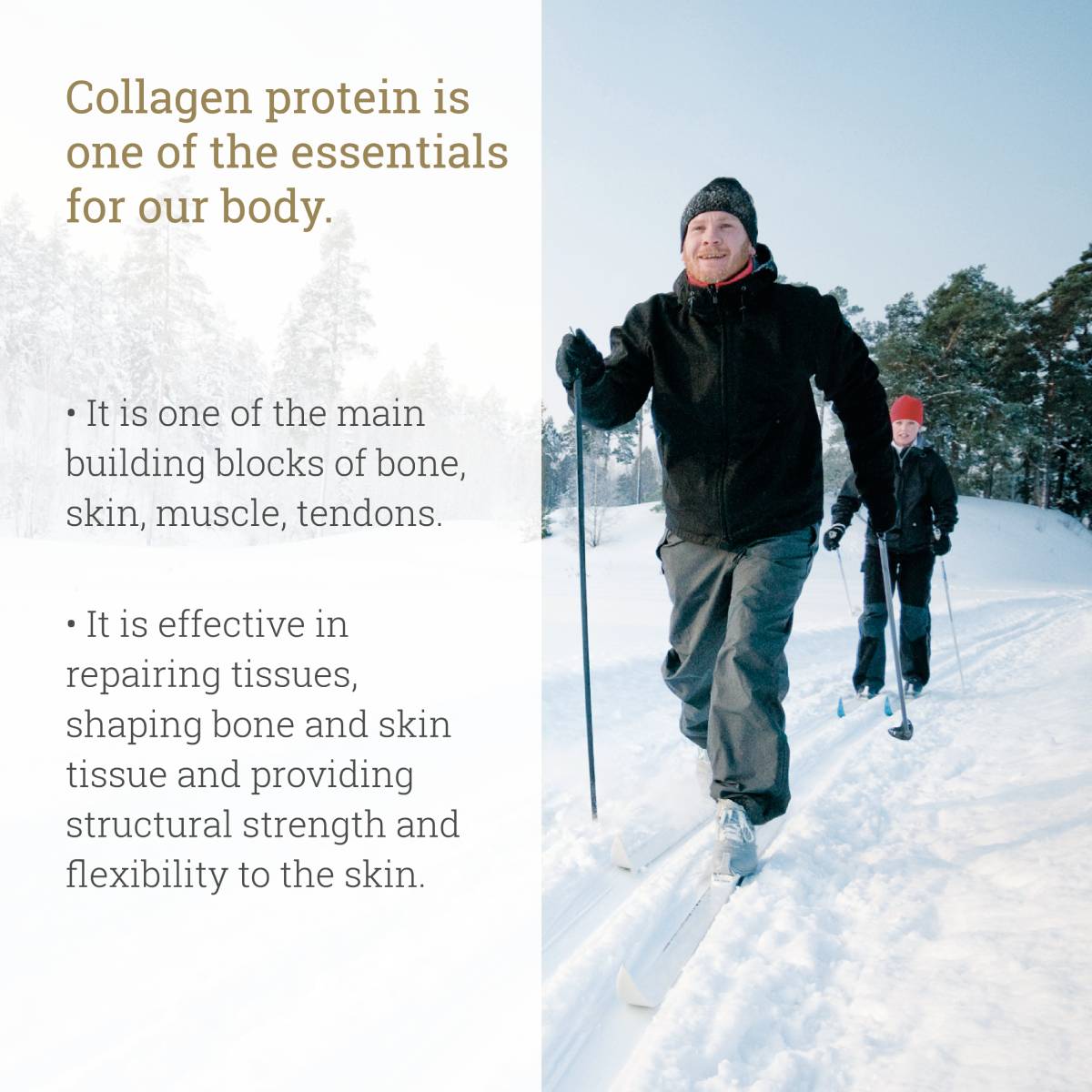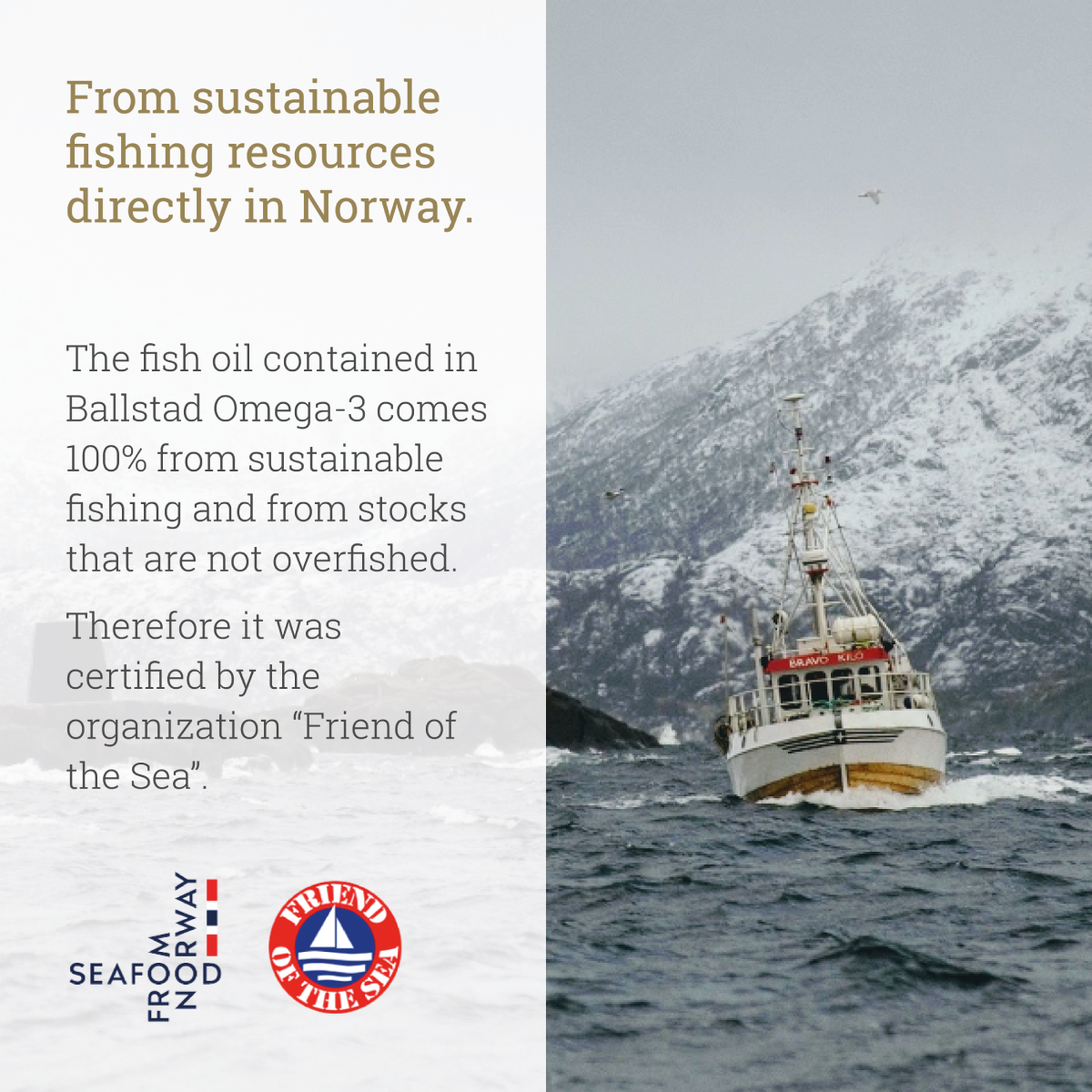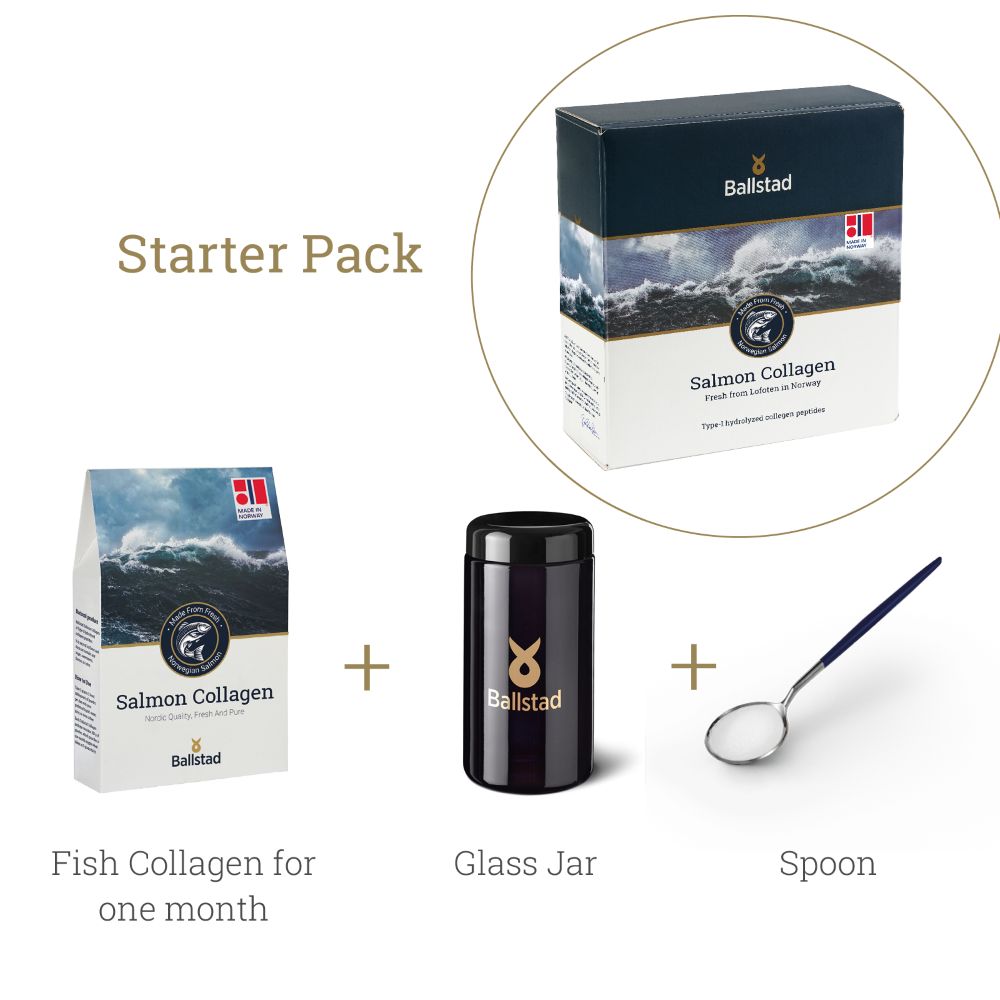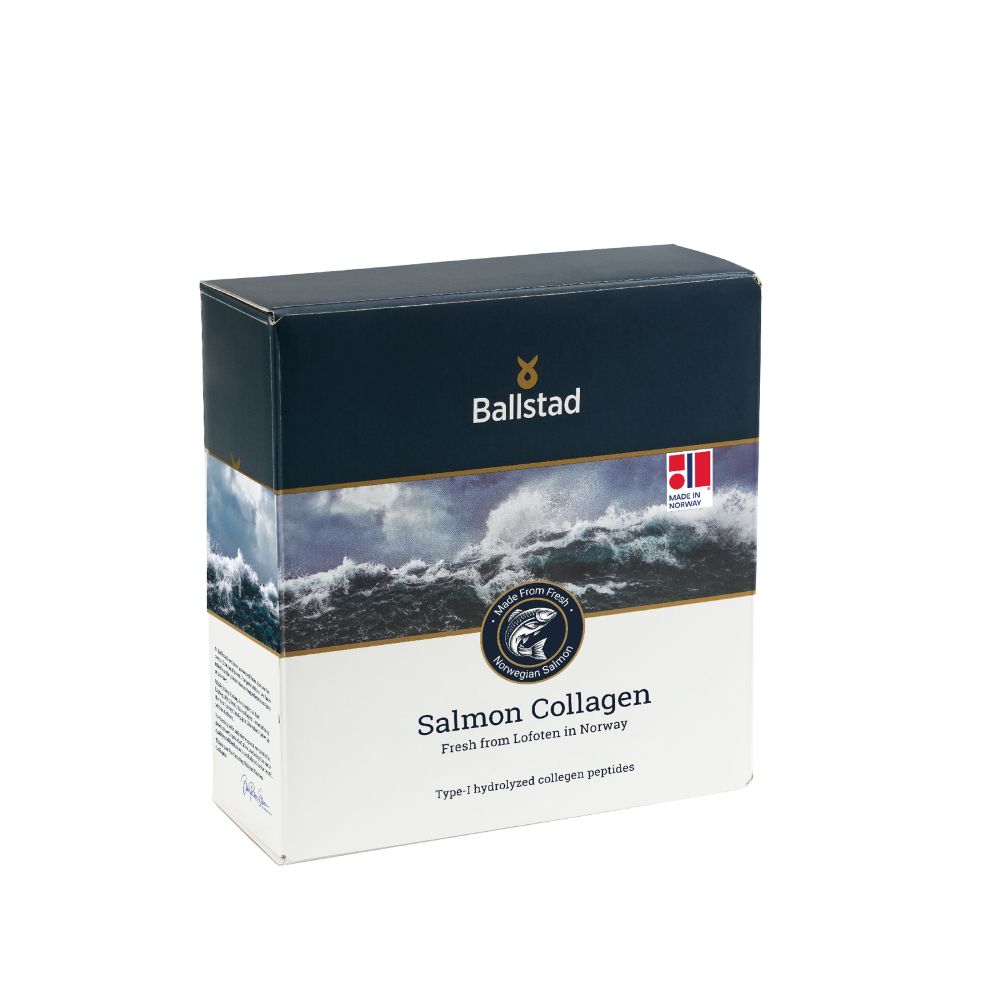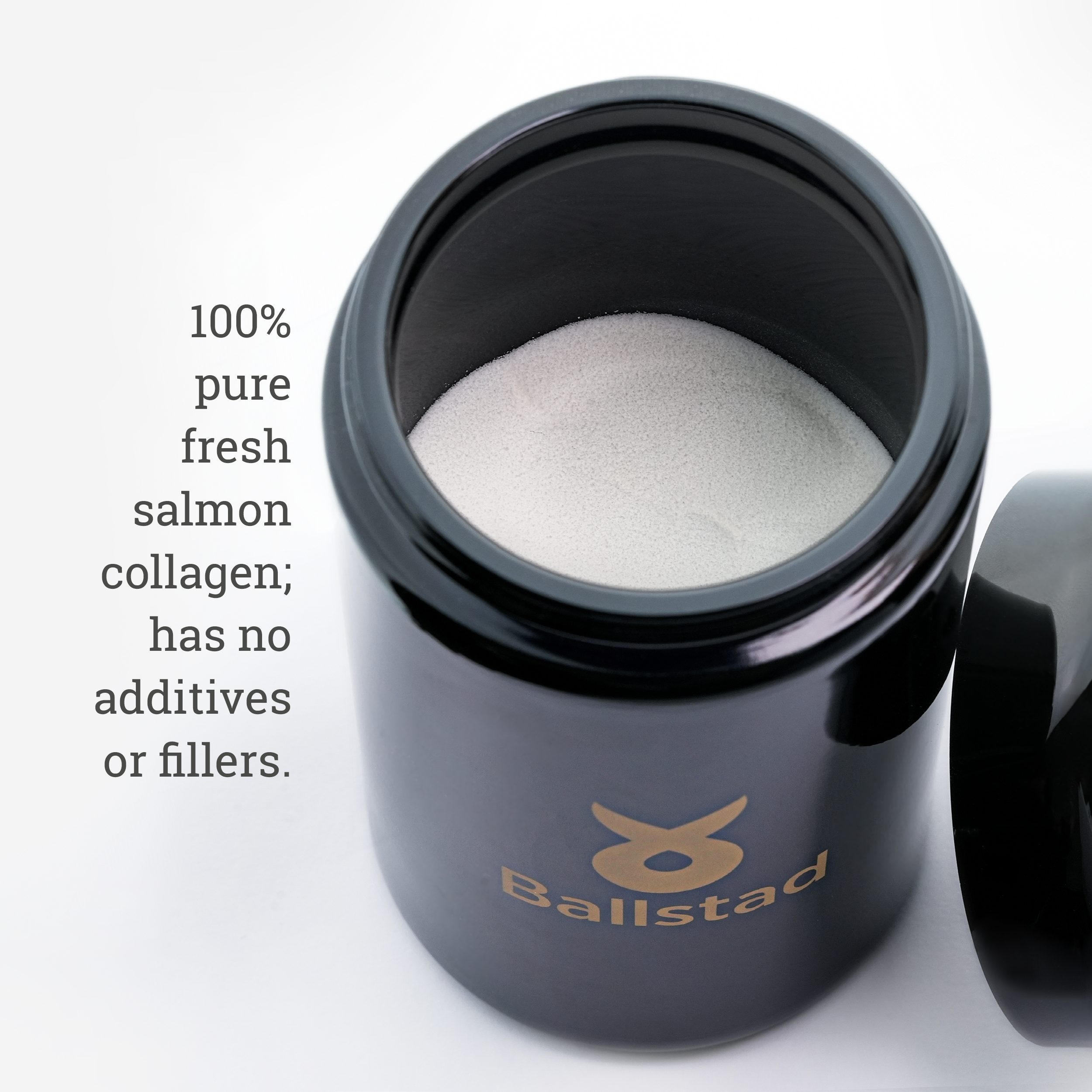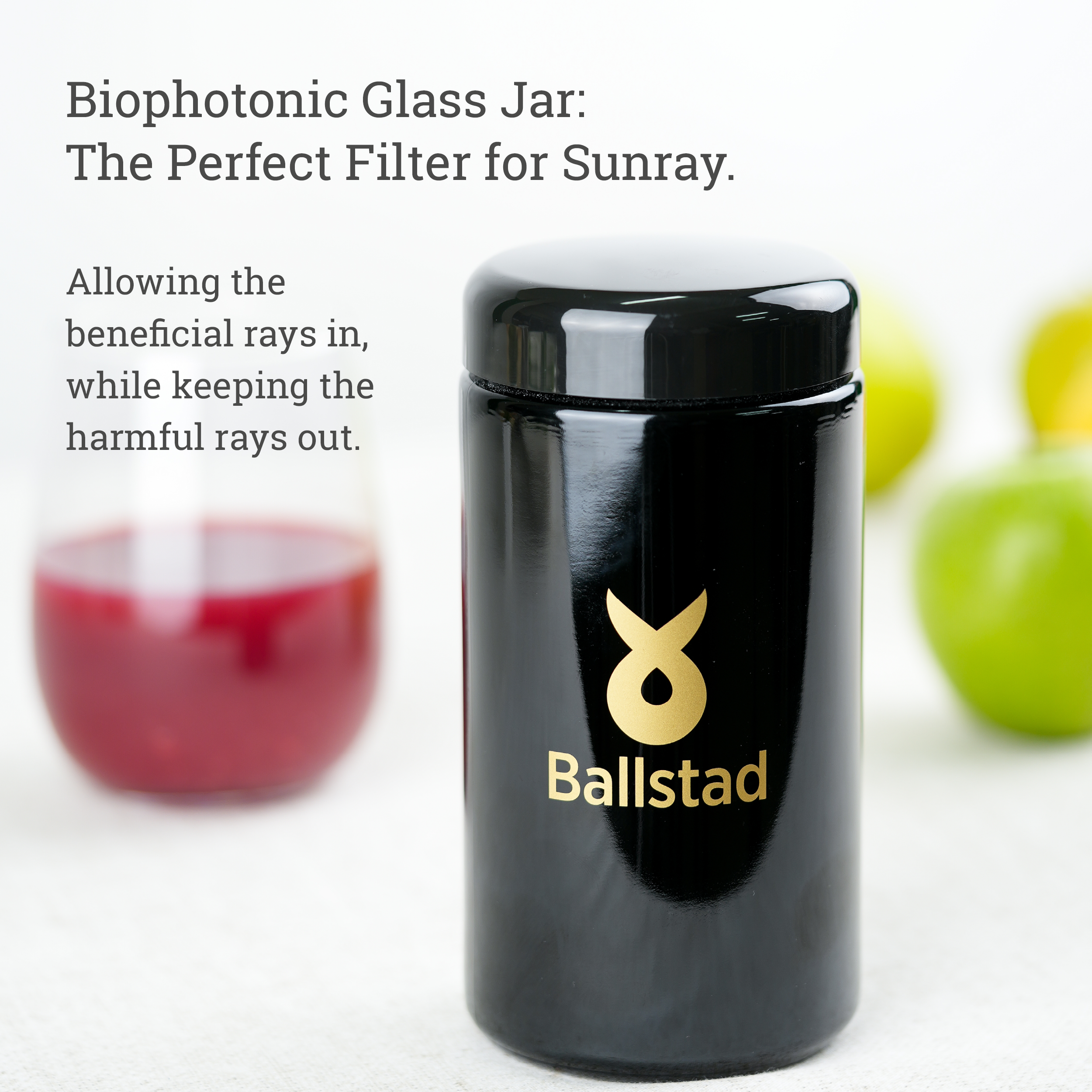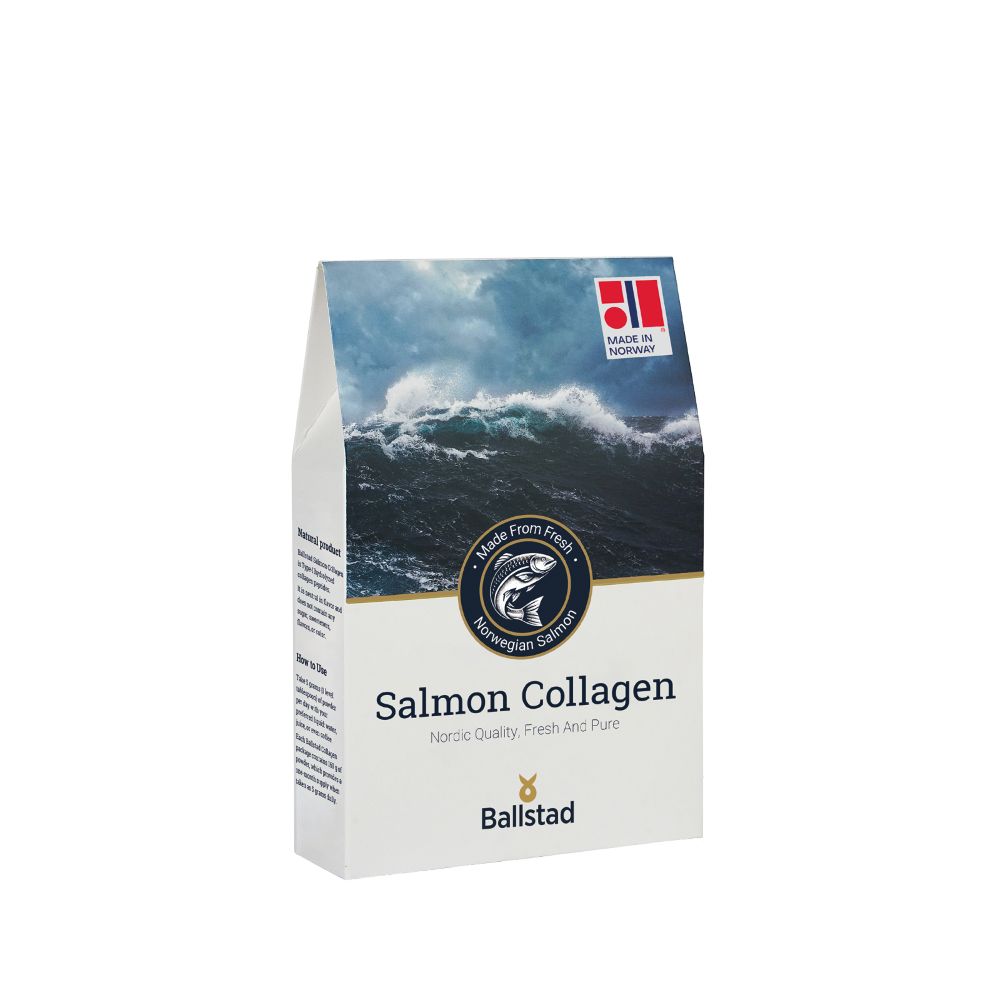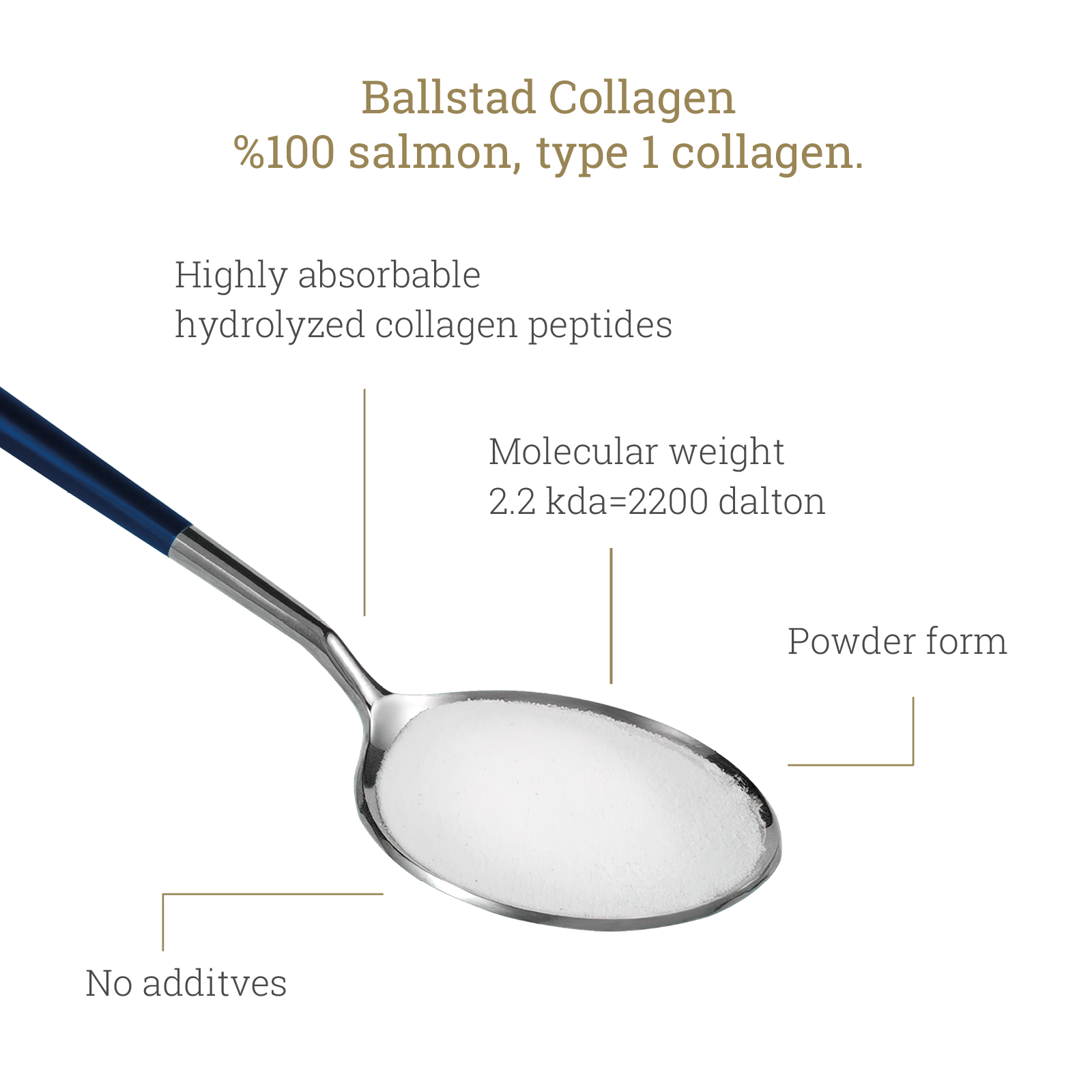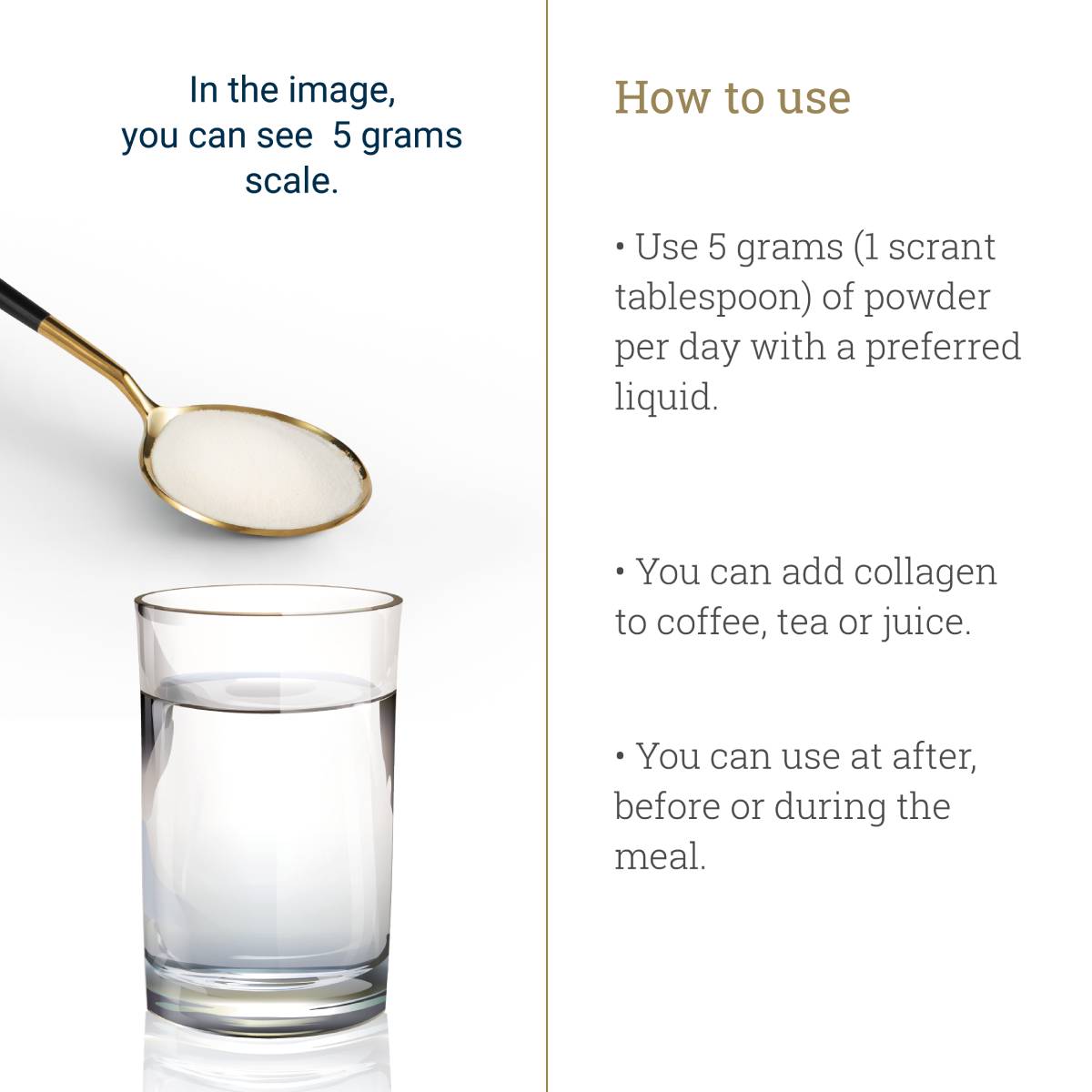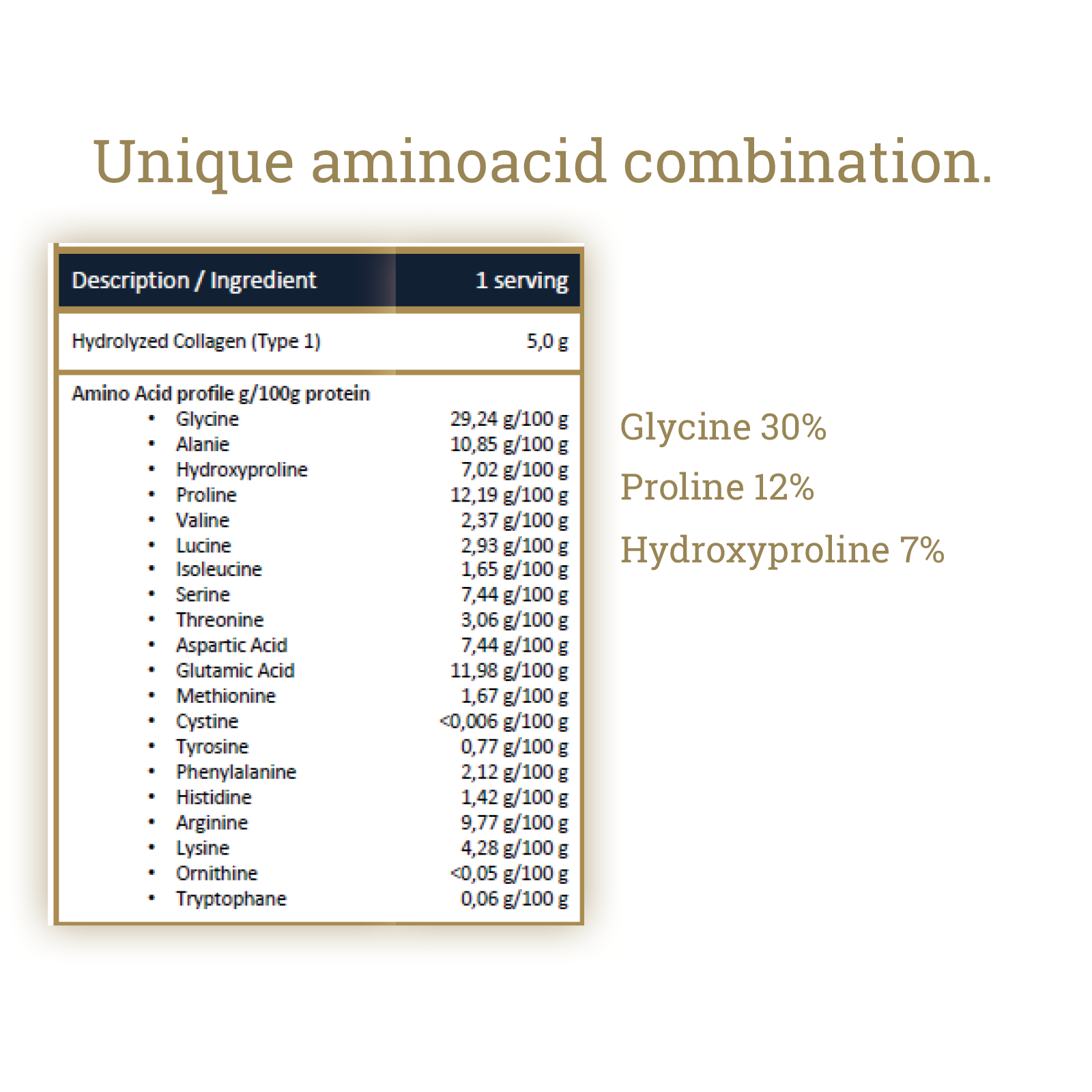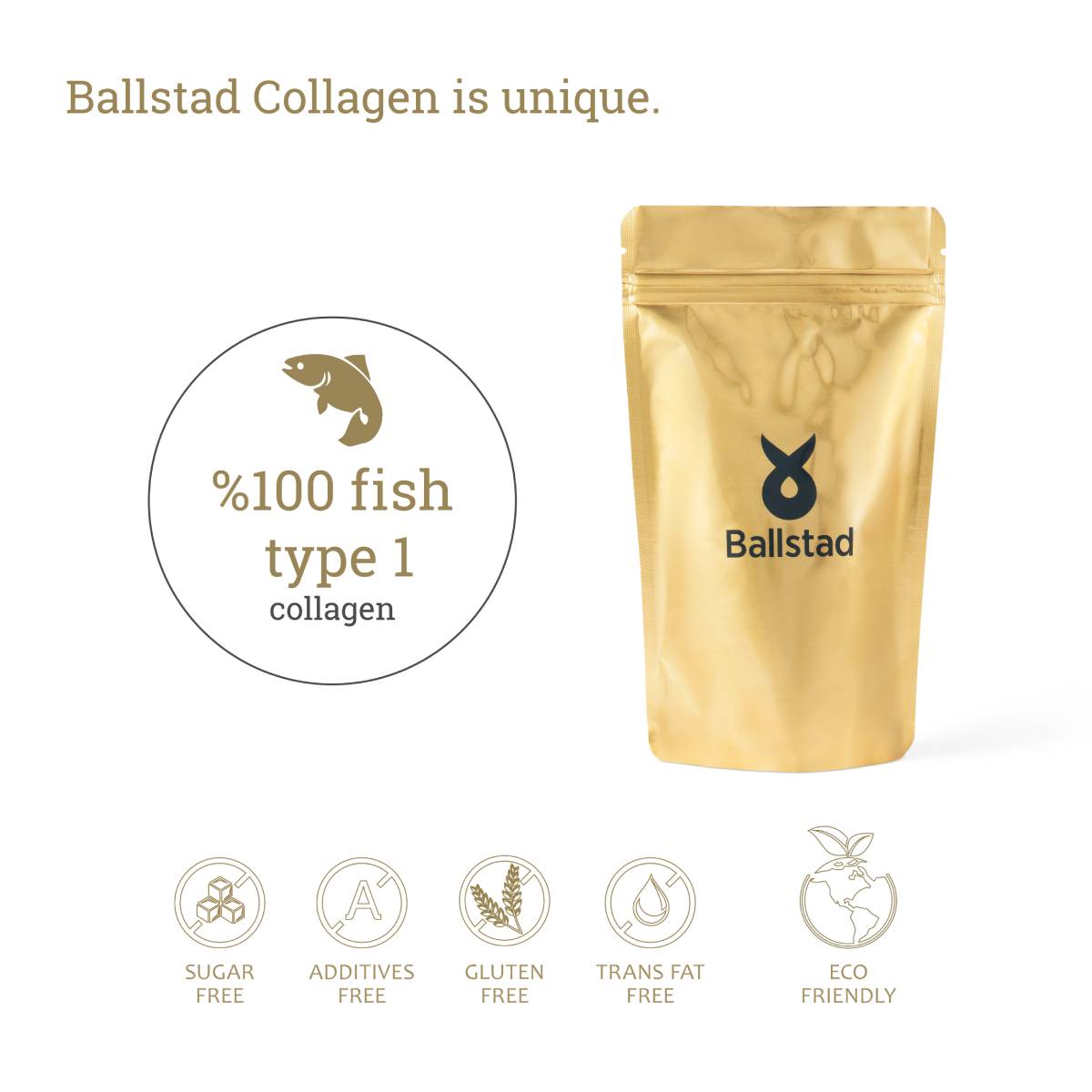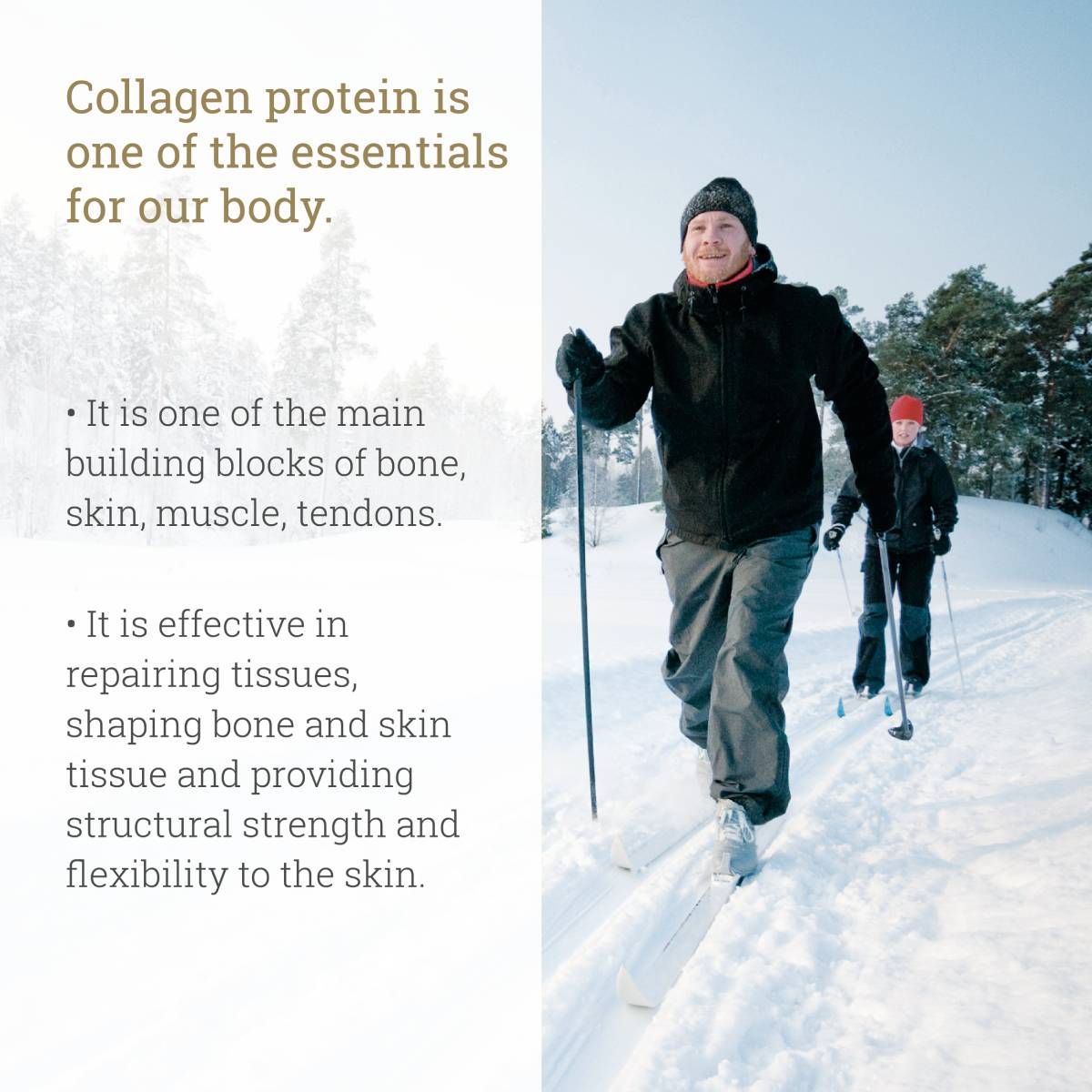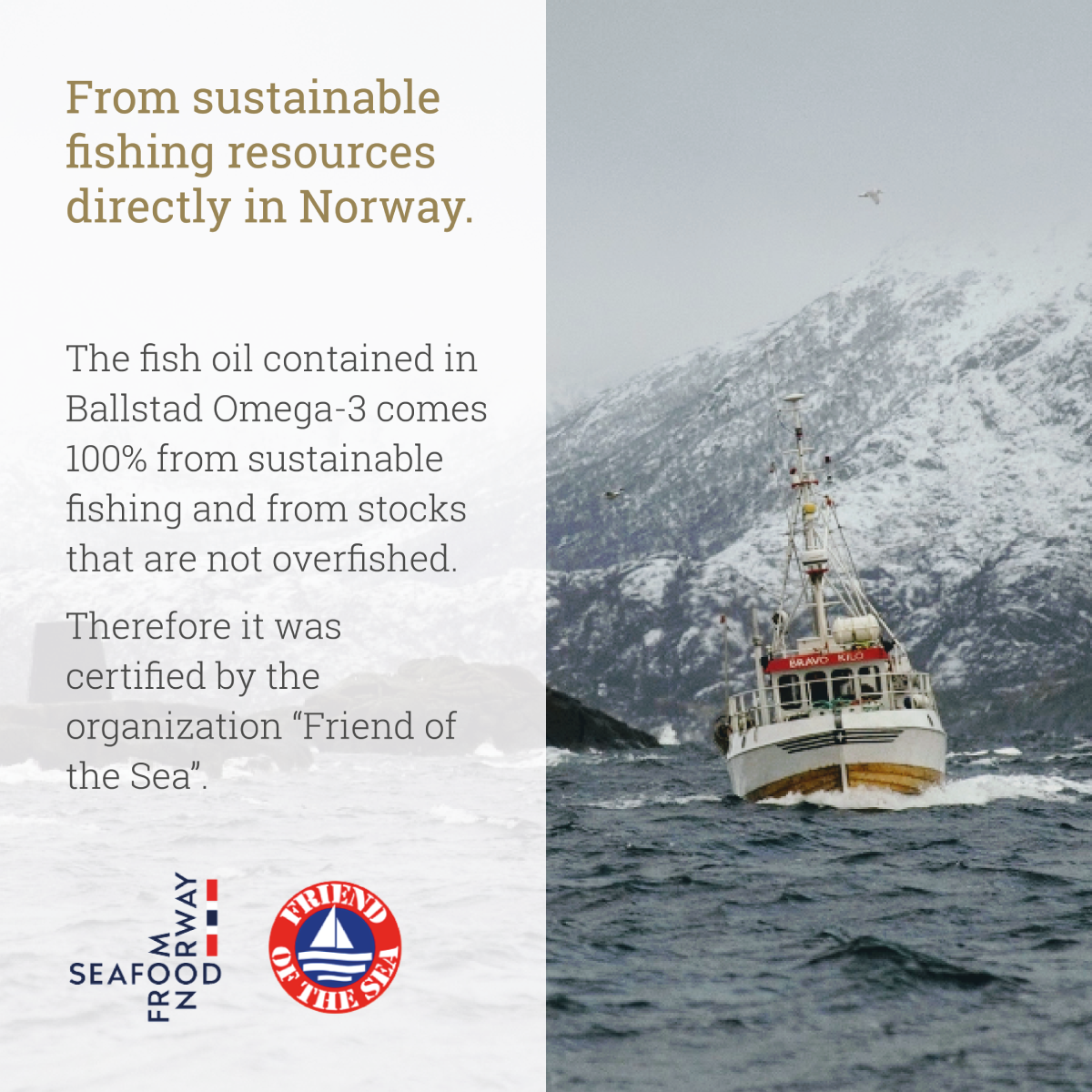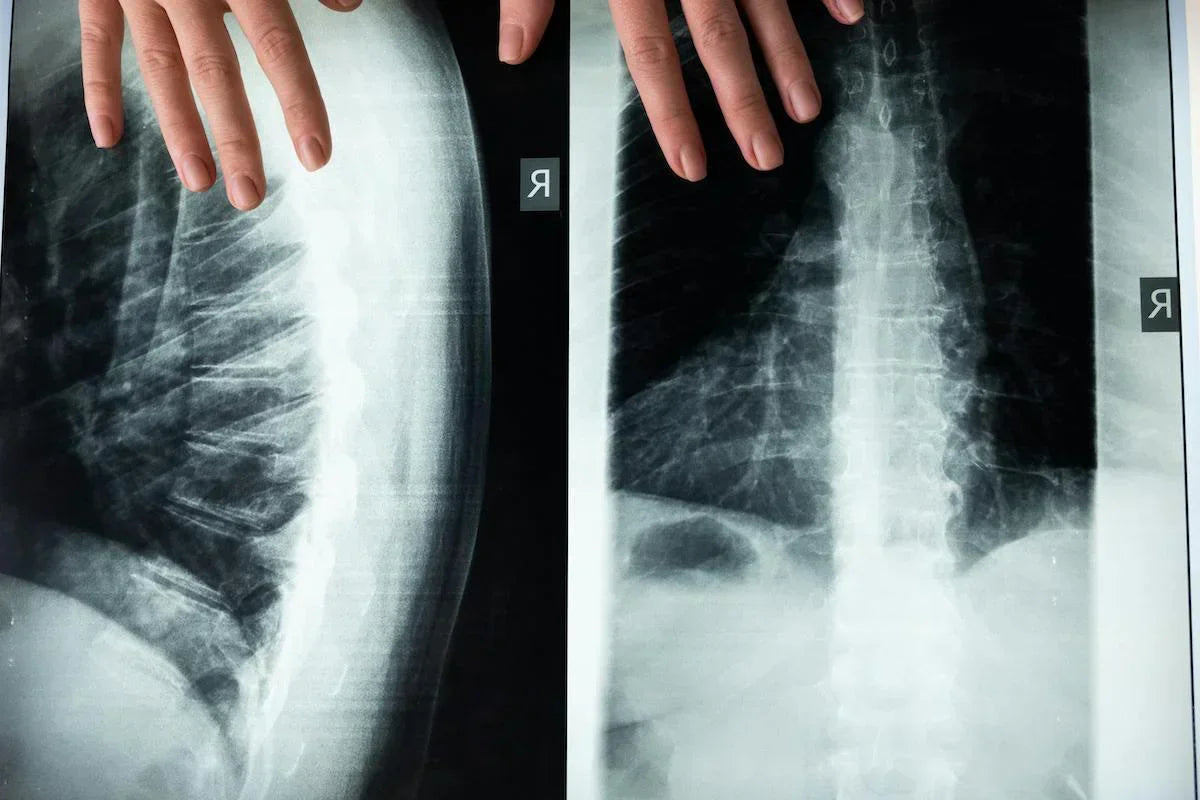When it comes to strong bones, calcium and vitamin D often take center stage. But there’s another nutrient that’s just as important—collagen.
Calcium gives bones their hardness, while collagen provides structure, flexibility, and shock absorption. Together, they create bones that are strong yet resilient—able to withstand impact without becoming brittle.
As we age—particularly after menopause—collagen production declines, increasing the risk of osteoporosis. With lower collagen levels, bones lose density, becoming more fragile and prone to fractures.
Collagen’s Role in Bone Formation
Bones may seem solid, but they are living tissues that continuously break down and rebuild. About 90% of the organic part of bone is made of Type I collagen.
-
Collagen acts as a scaffold, holding bones together.
-
It allows minerals like calcium and phosphorus to be deposited effectively.
-
Without enough collagen, this framework weakens, and mineralization becomes less efficient.
Research shows that collagen peptides can improve bone mineral density and stimulate osteoblast activity—the cells responsible for building new bone. In one clinical trial, postmenopausal women who supplemented with collagen experienced higher bone density and reduced breakdown of bone tissue.
Collagen Supplements and Osteoporosis Prevention
While weight-bearing exercise and balanced nutrition are critical for preventing osteoporosis, collagen supplements can provide an additional layer of support.
-
Marine collagen, sourced from fish, is especially valued for its high bioavailability—meaning the body absorbs it quickly and efficiently.
-
This makes it an excellent choice for adults looking to strengthen their bones naturally.
Ballstad Salmon Collagen, derived from sustainably harvested Norwegian salmon, offers pure Type I collagen in a highly digestible form. It’s tasteless, odorless, and dissolves easily in drinks like coffee, tea, or smoothies—making it simple to include in your daily routine.
Supporting Bone Health Naturally
Osteoporosis often develops silently, with no early symptoms, but the gradual loss of bone density can lead to serious issues later in life. Supporting collagen levels is one way to strengthen the body’s natural framework and protect against fractures, reduced mobility, and chronic discomfort.
Maintaining bone health isn’t just about preventing problems—it’s about preserving strength, balance, and independence as you age.

